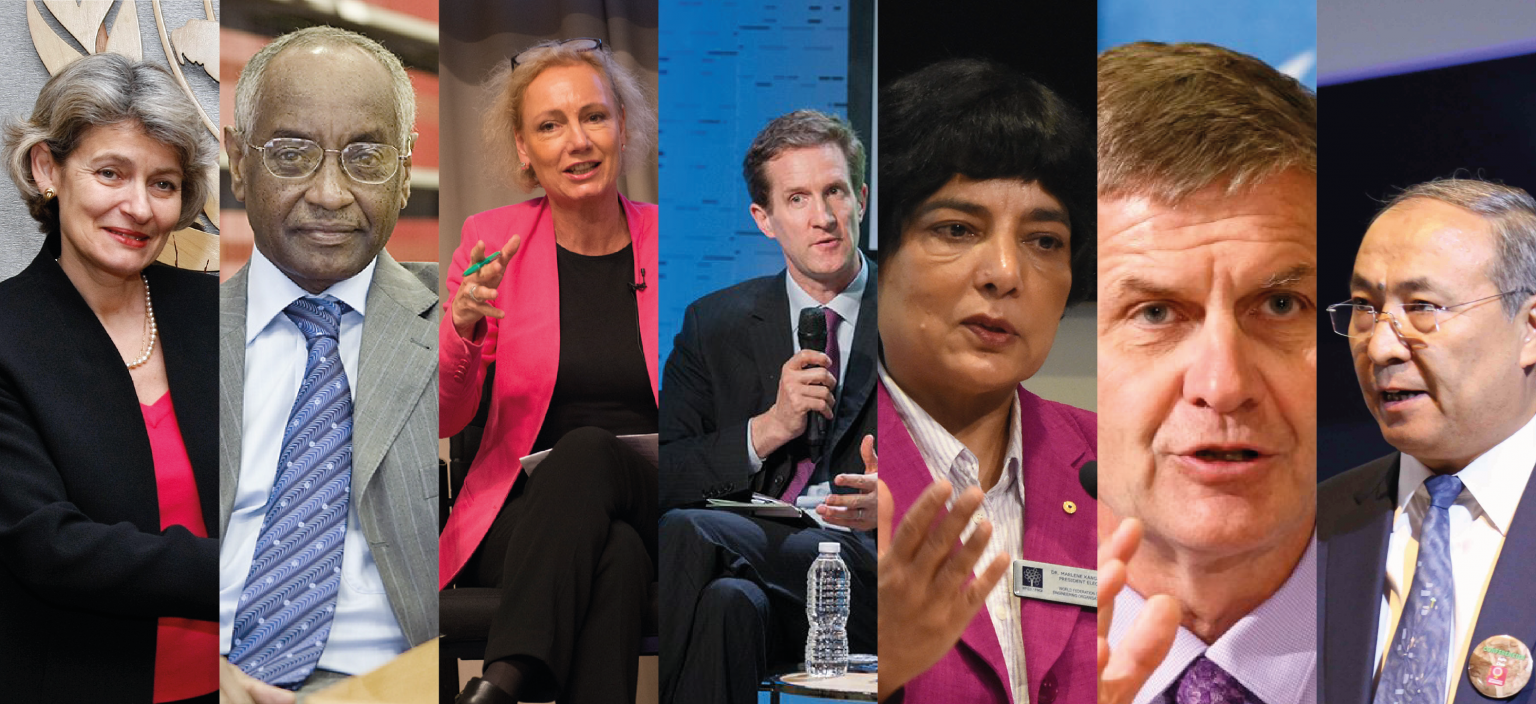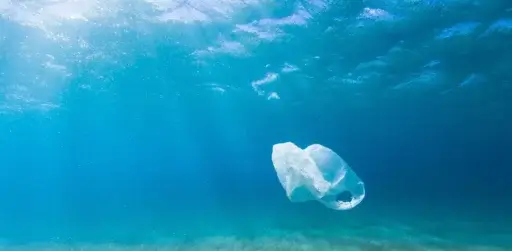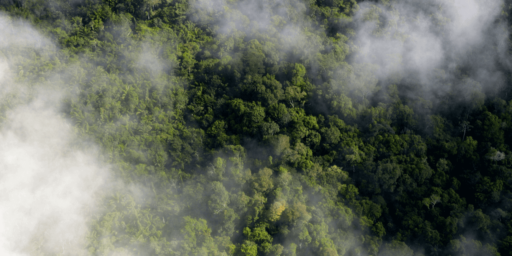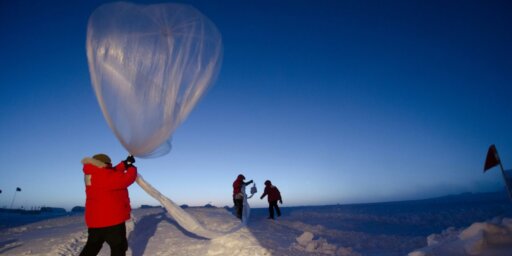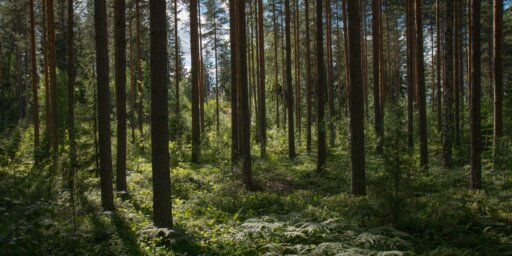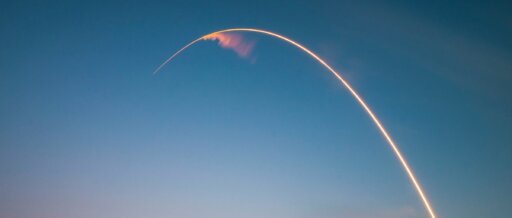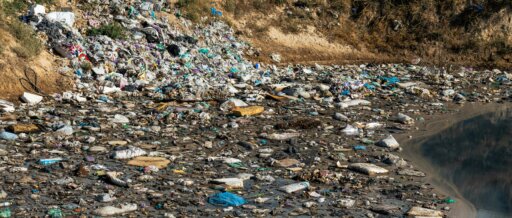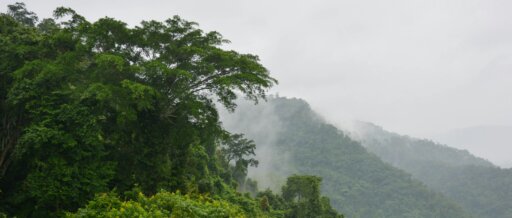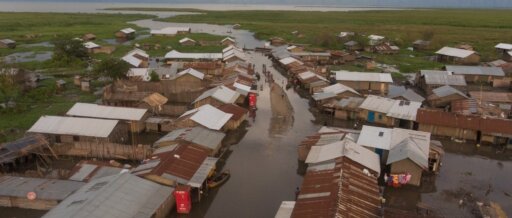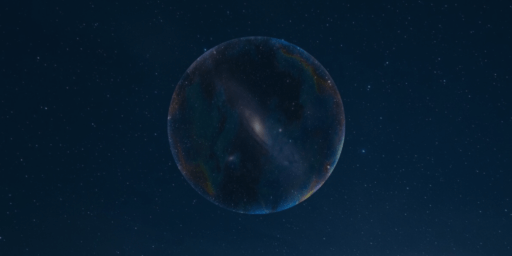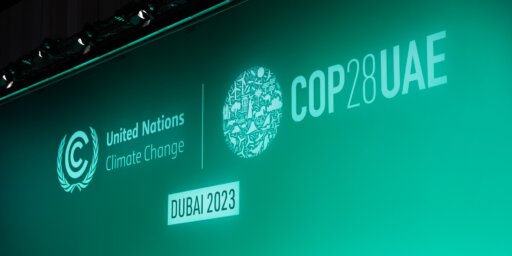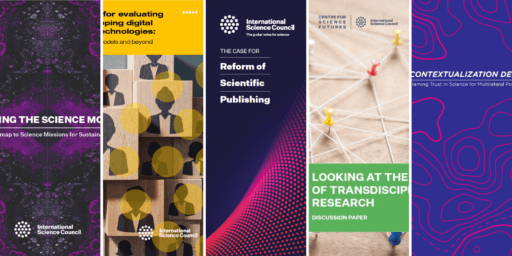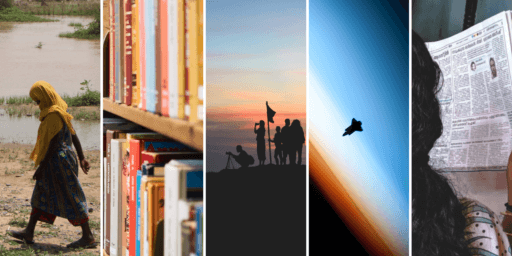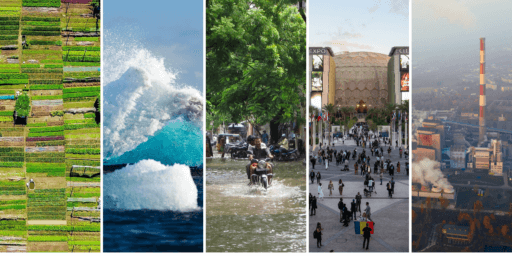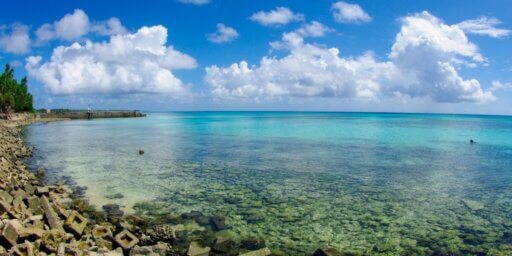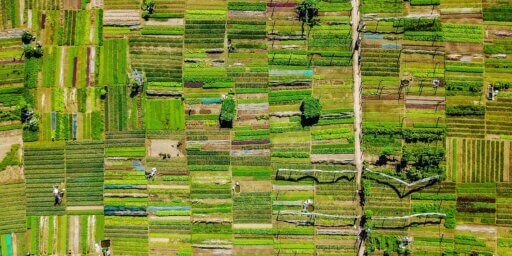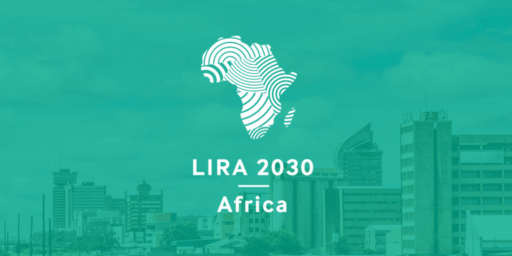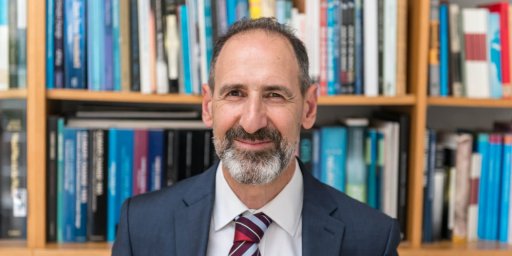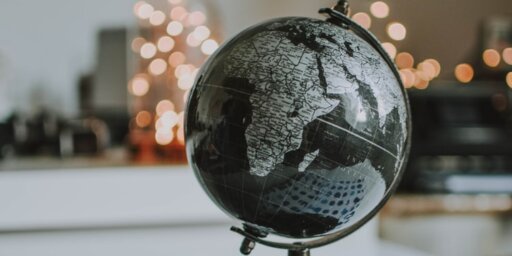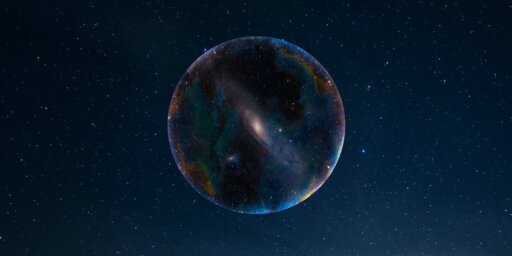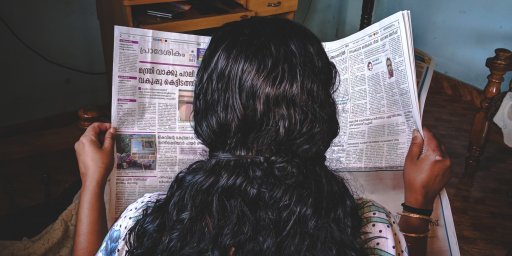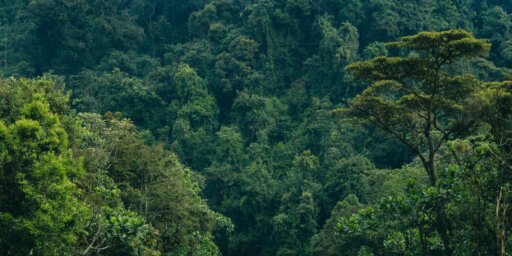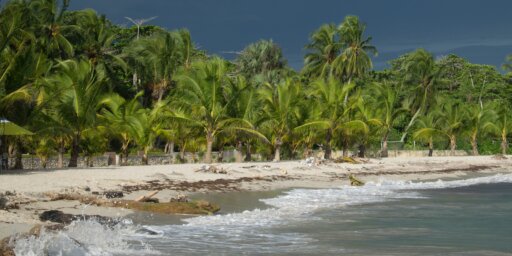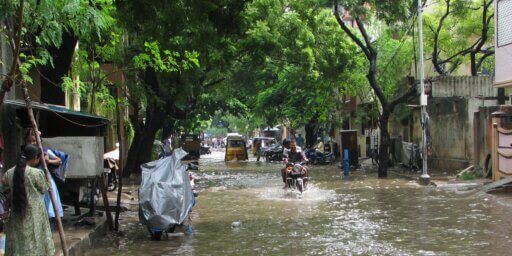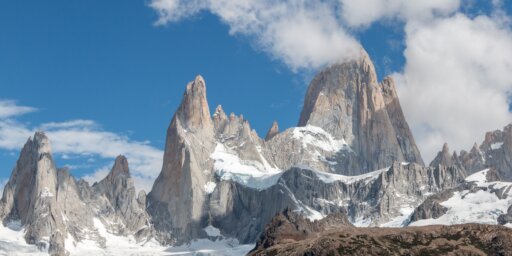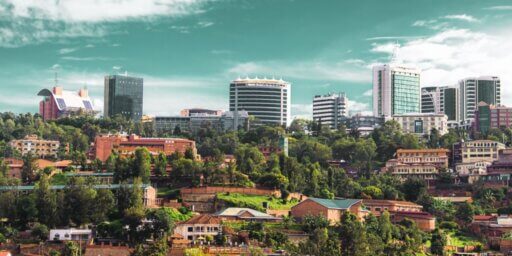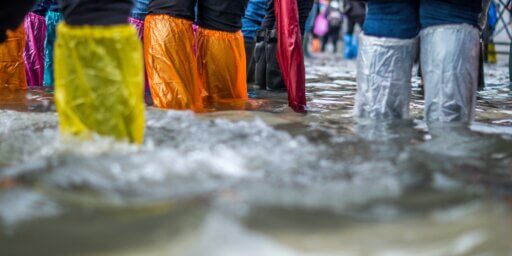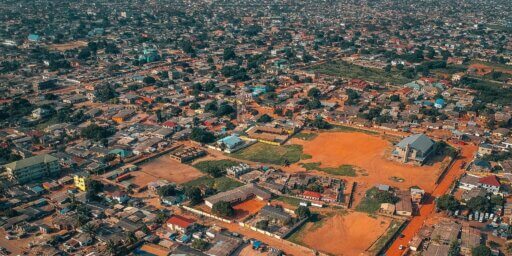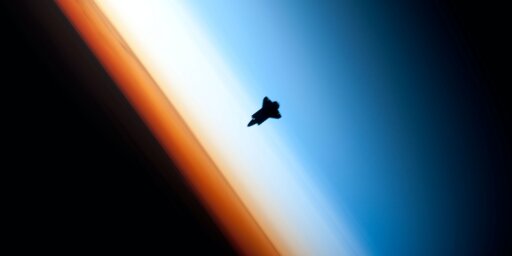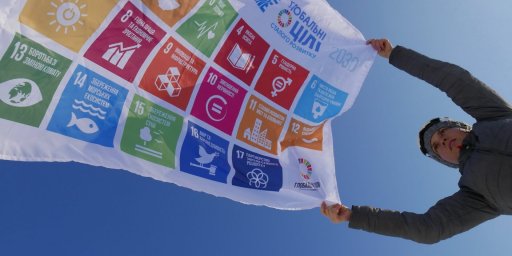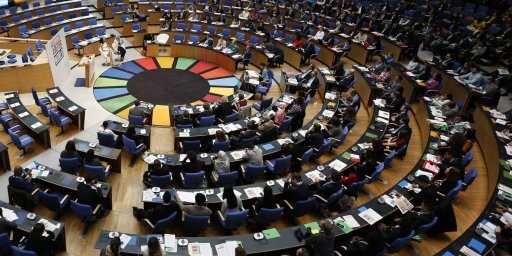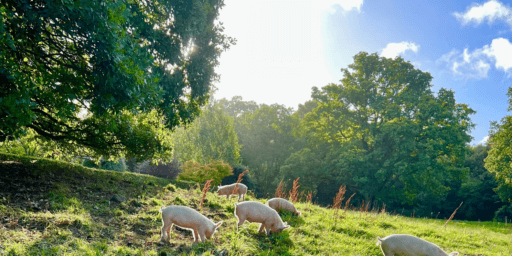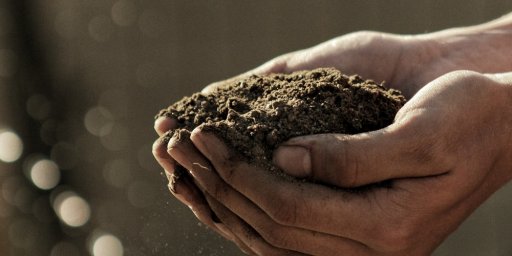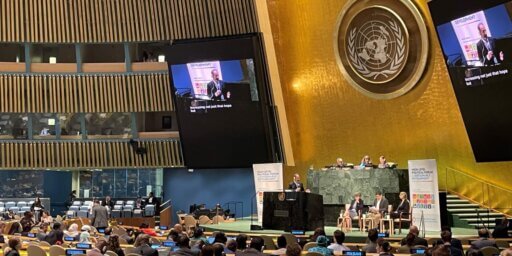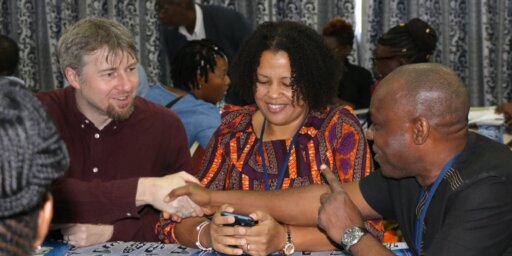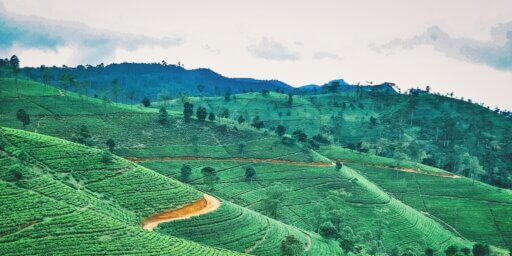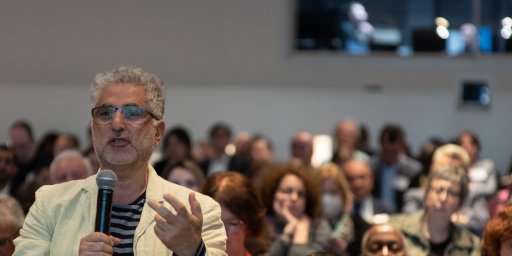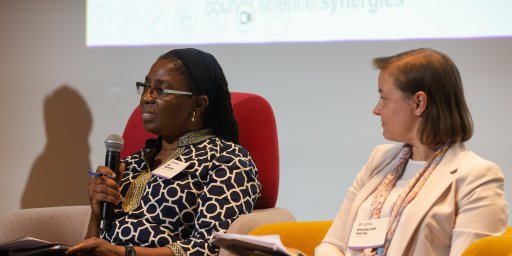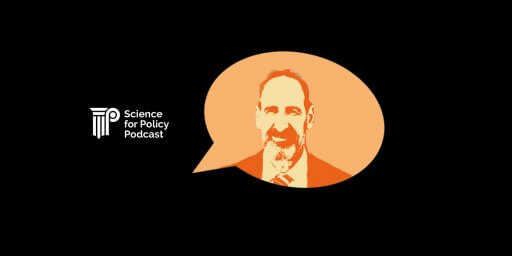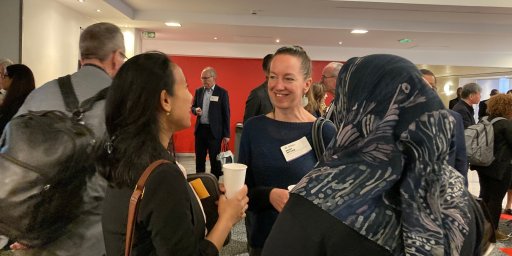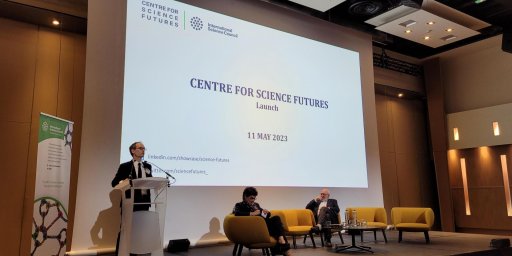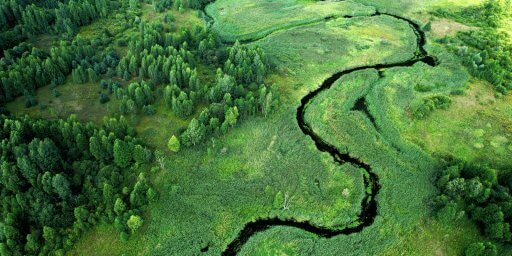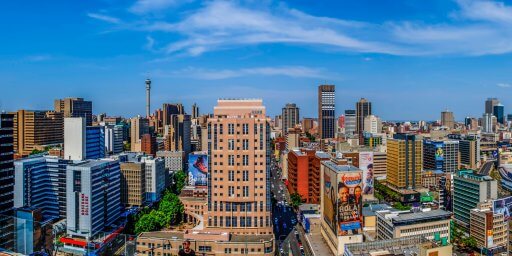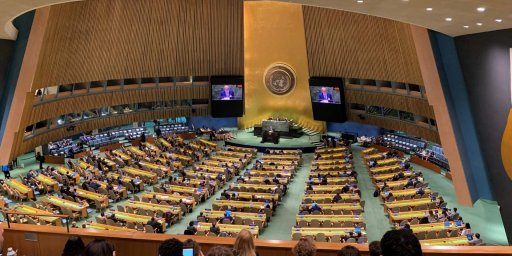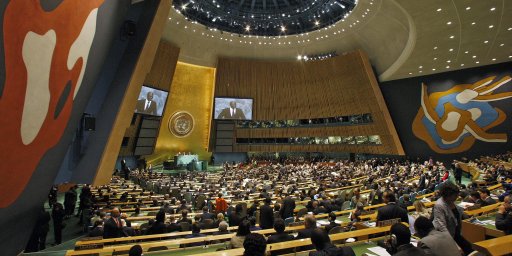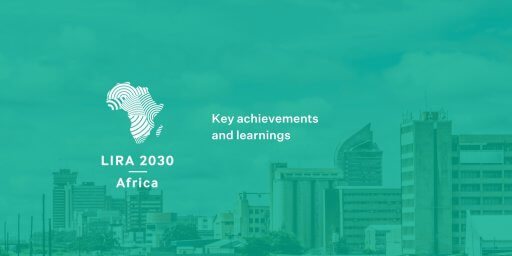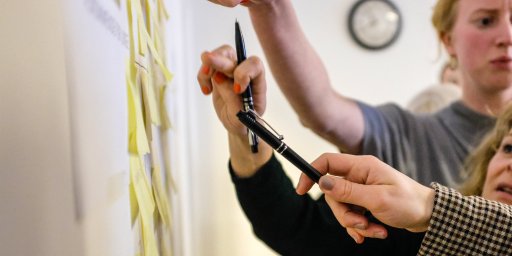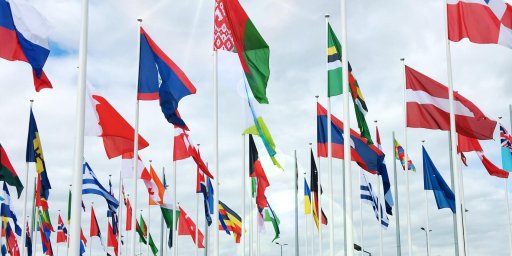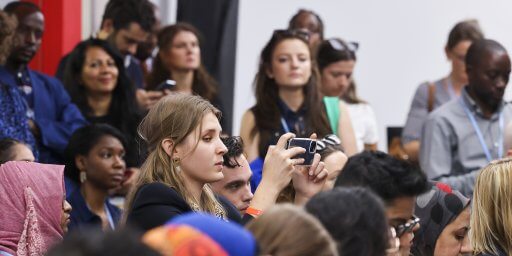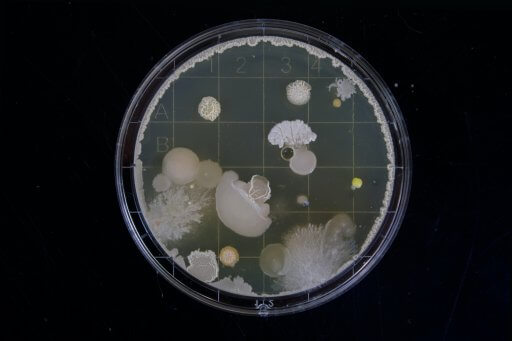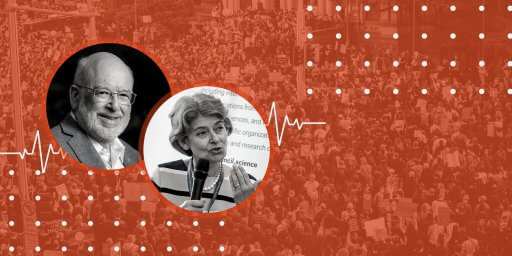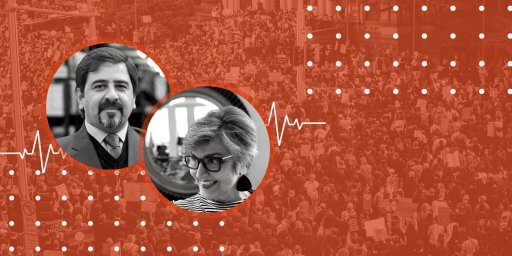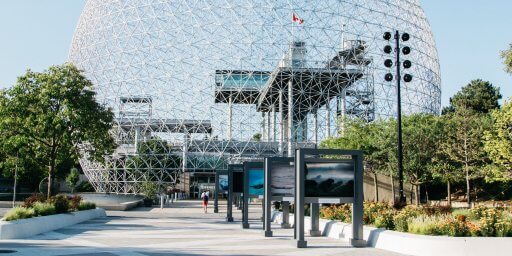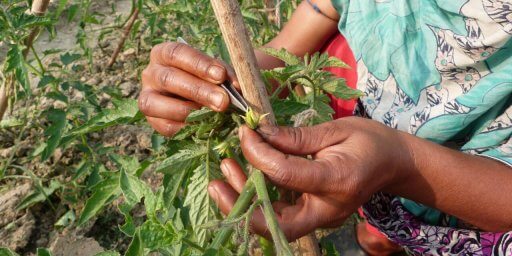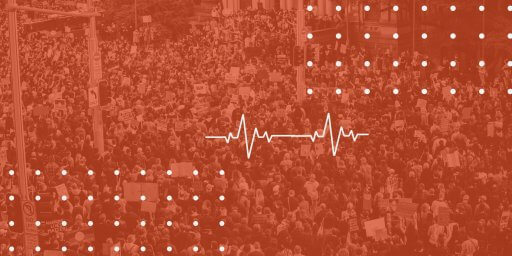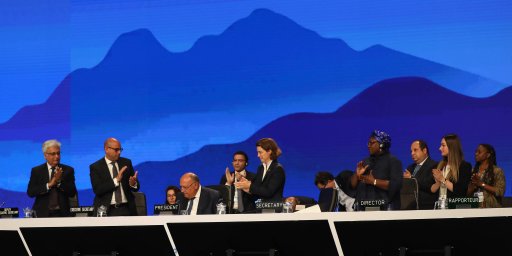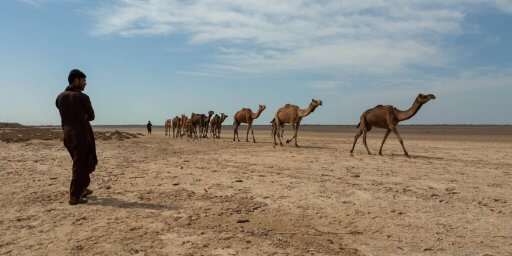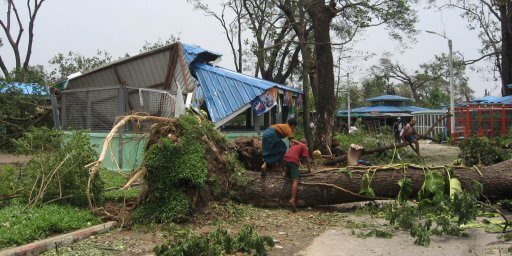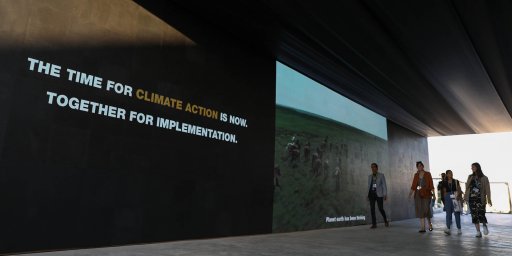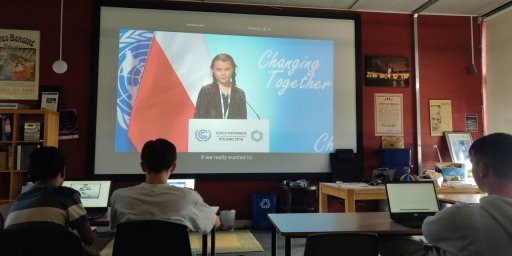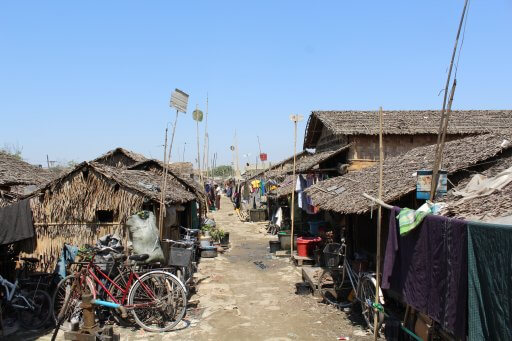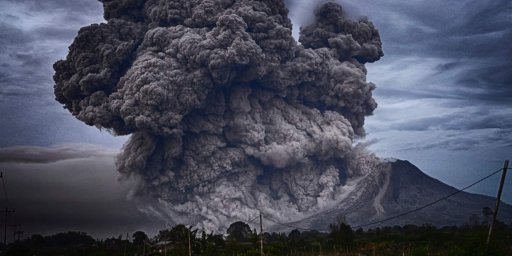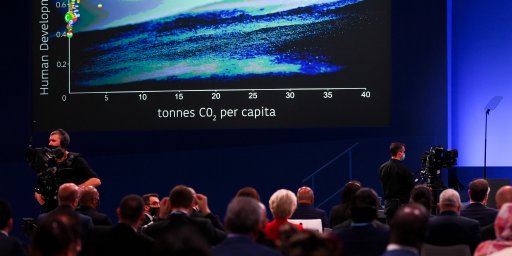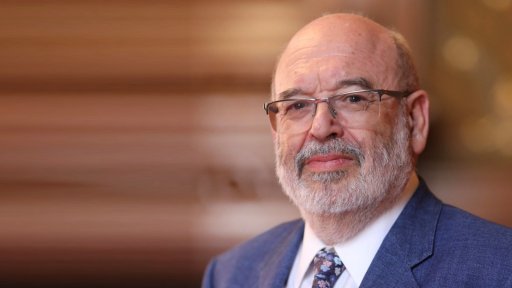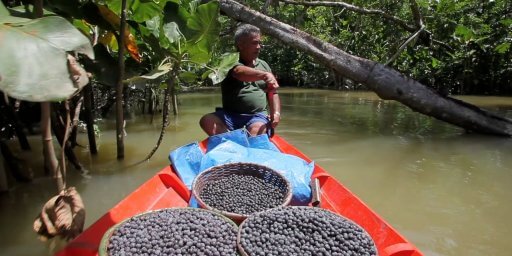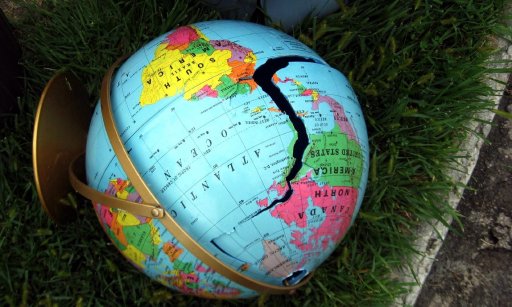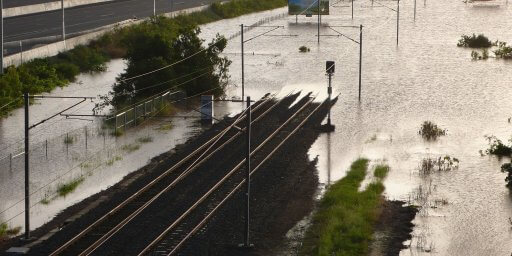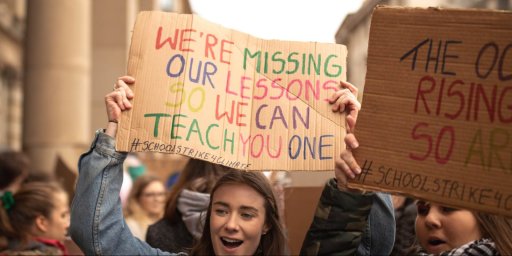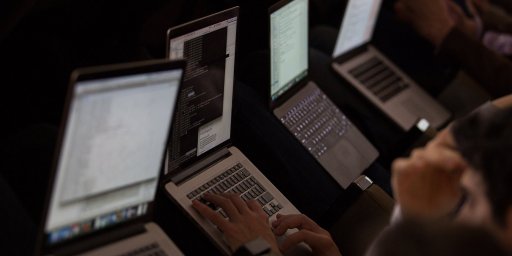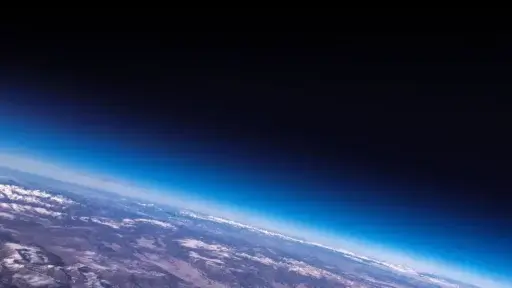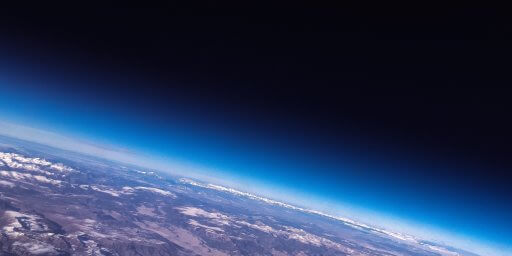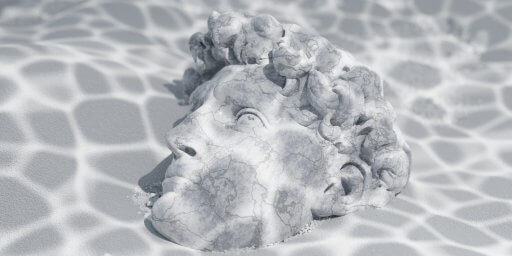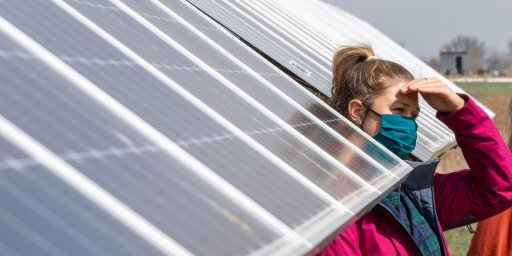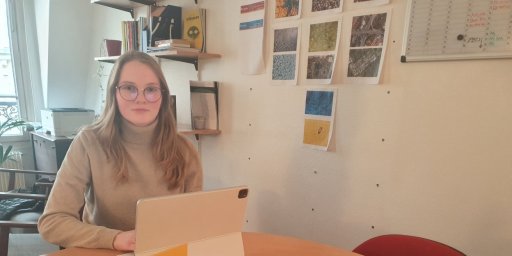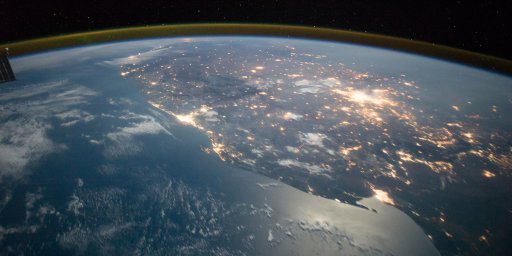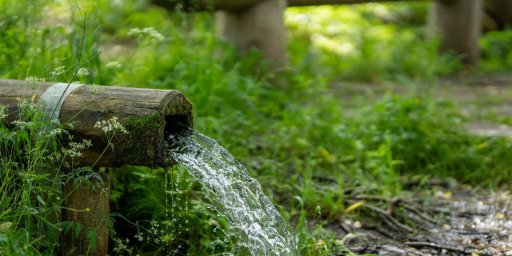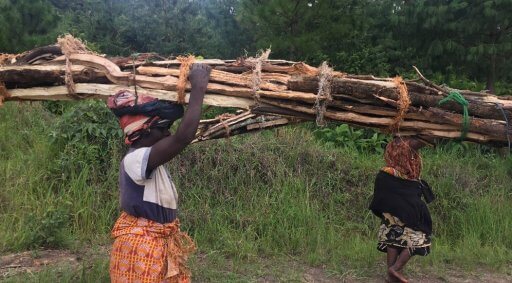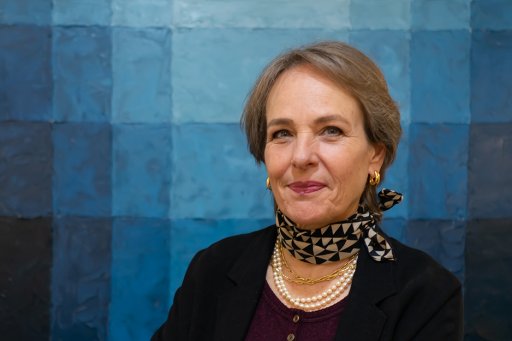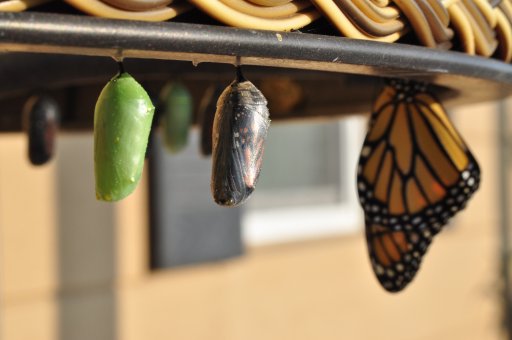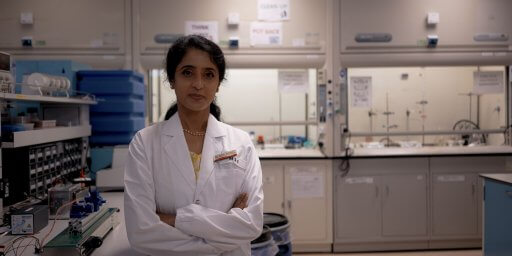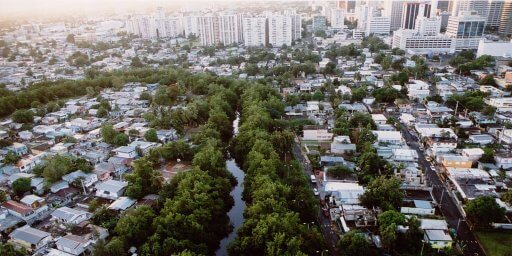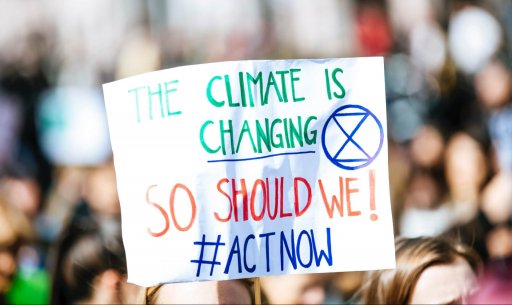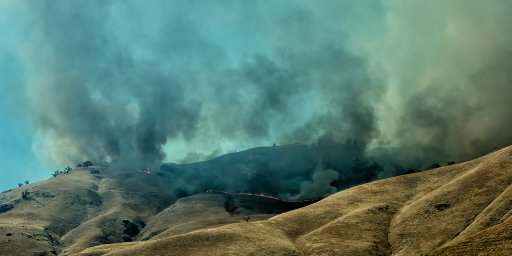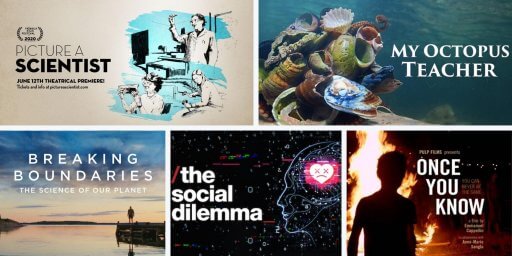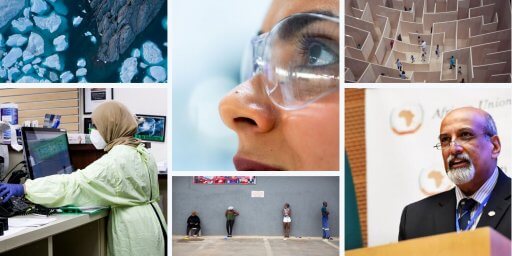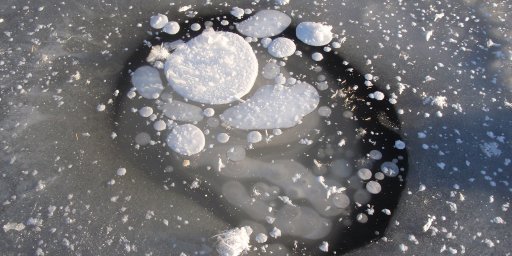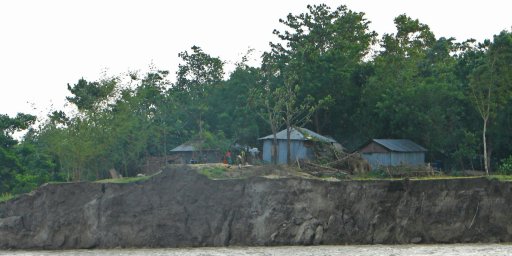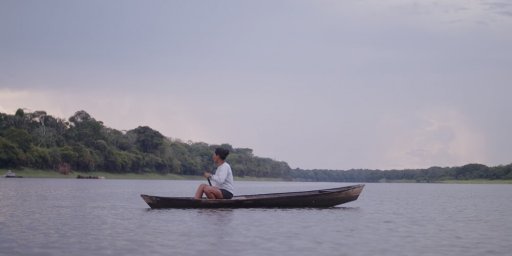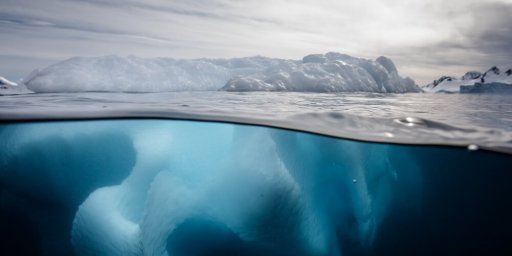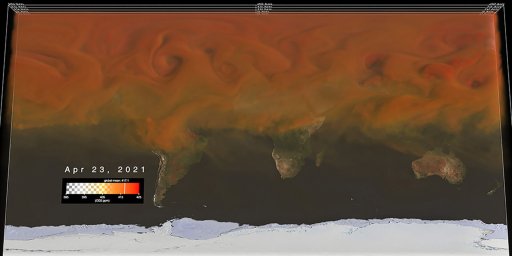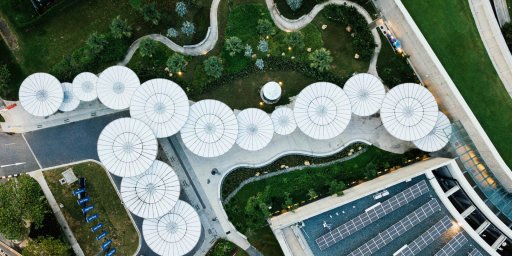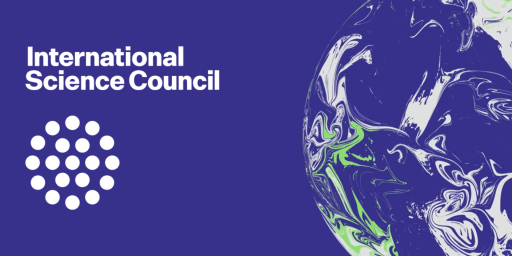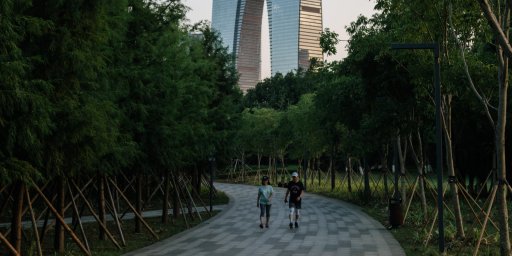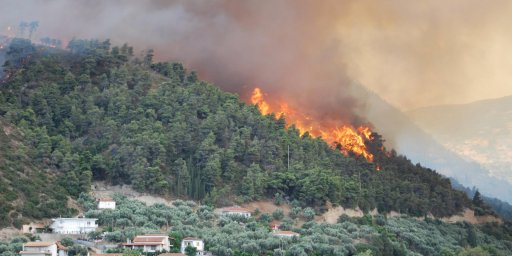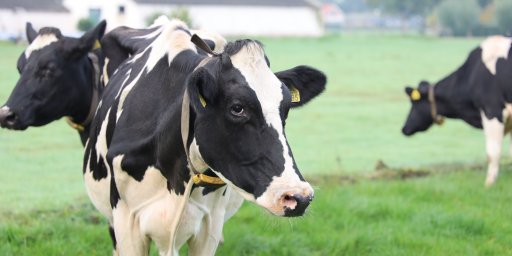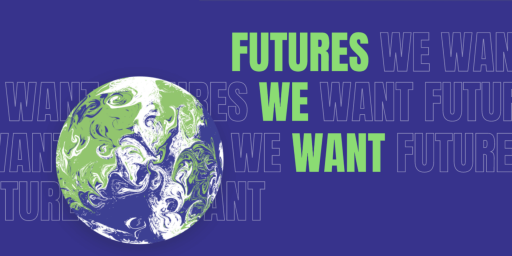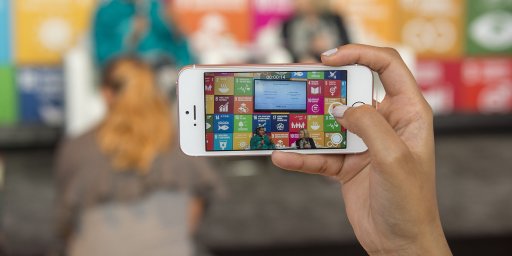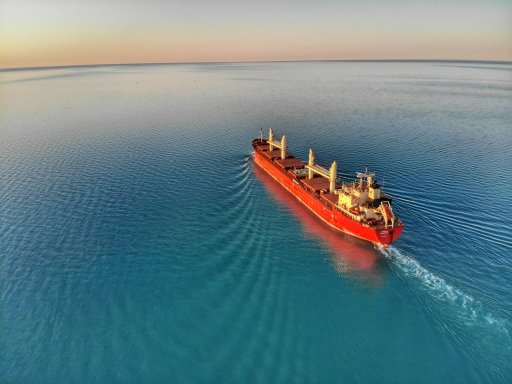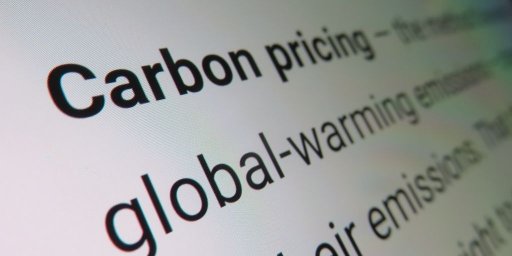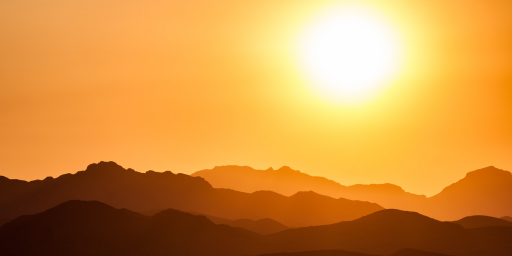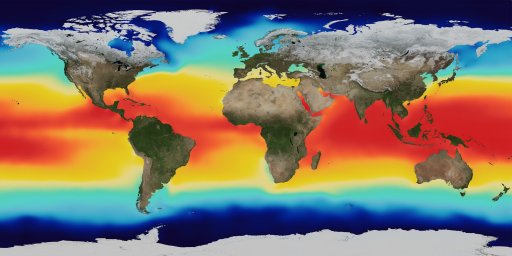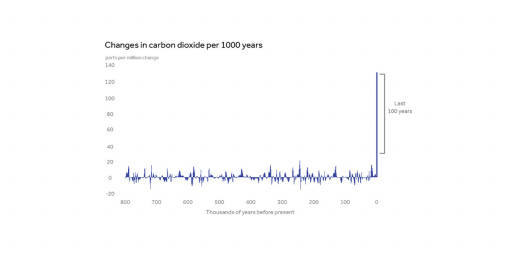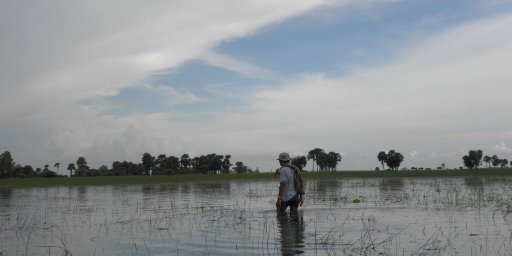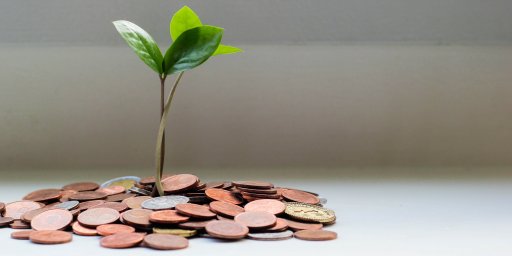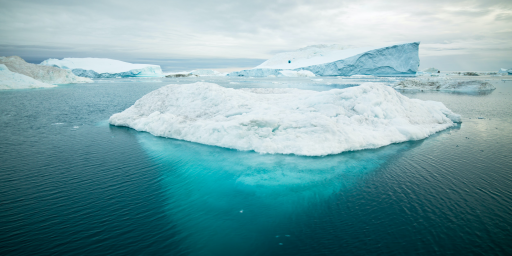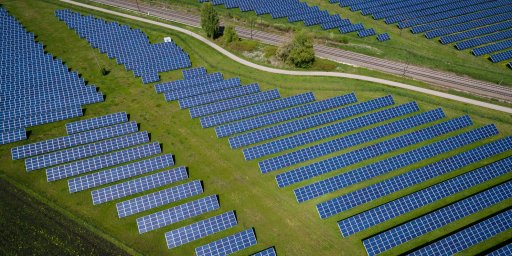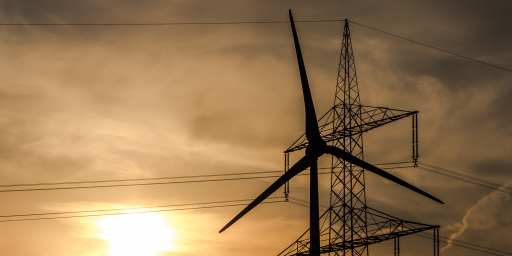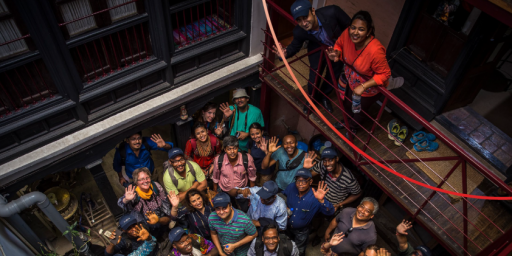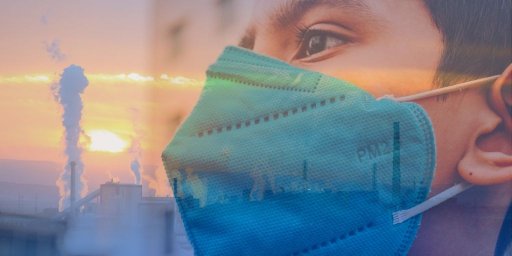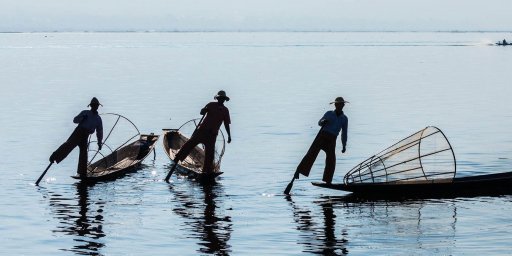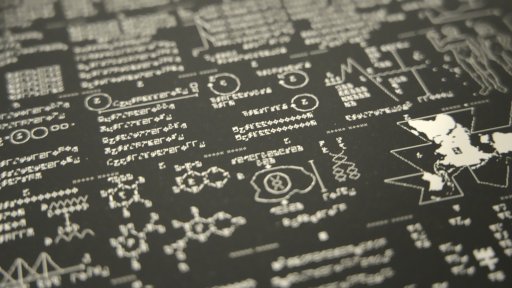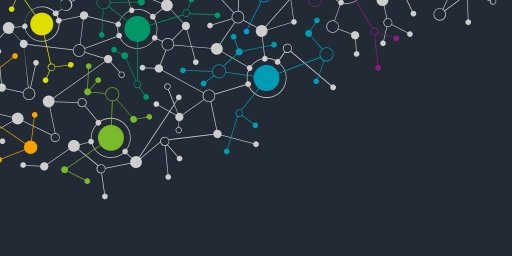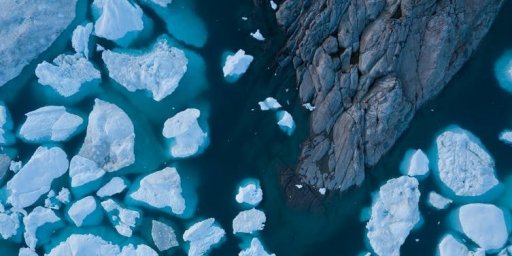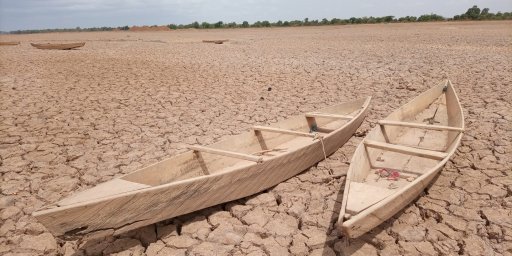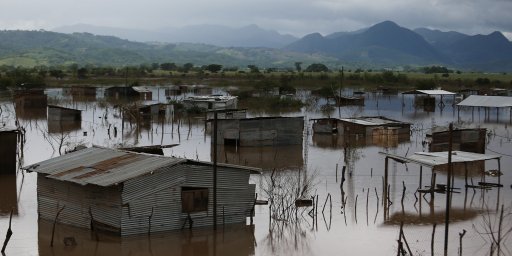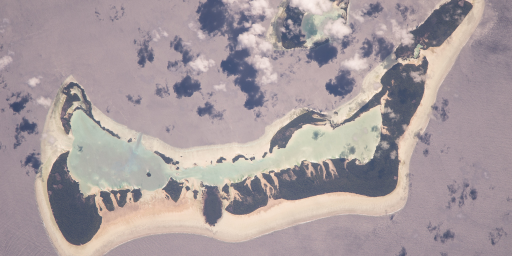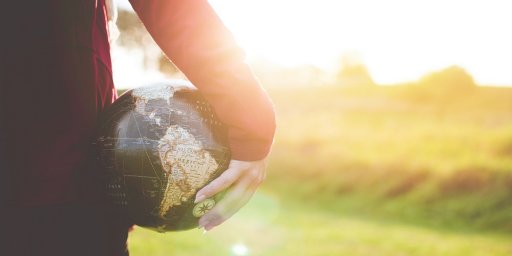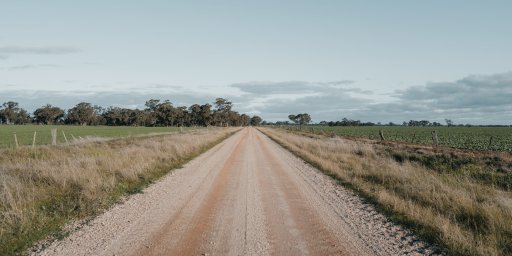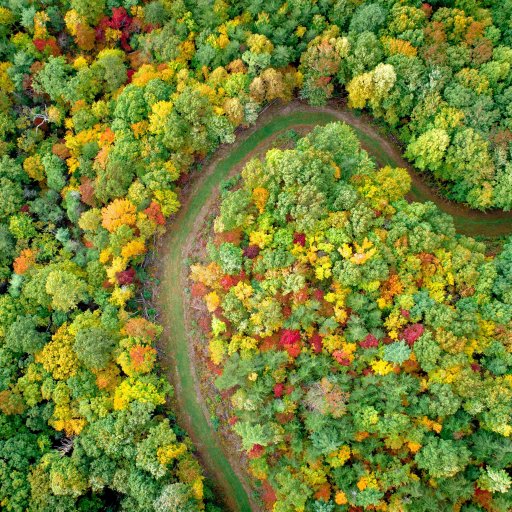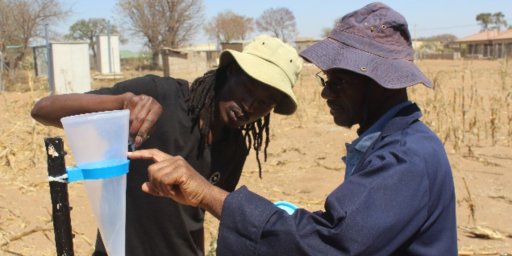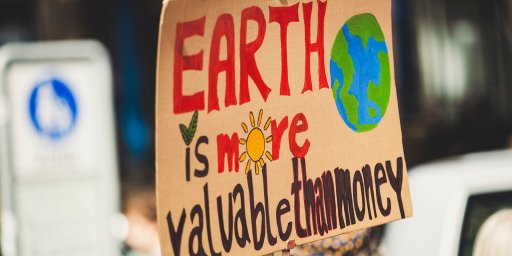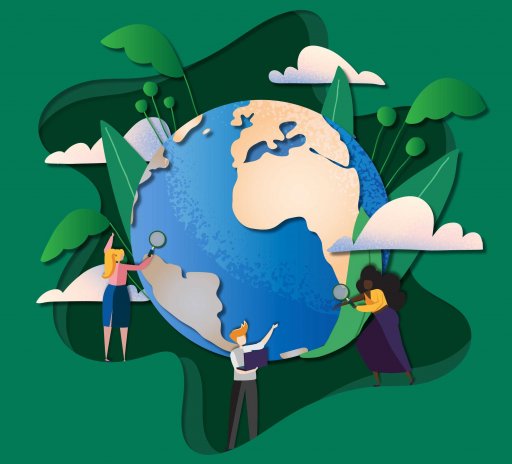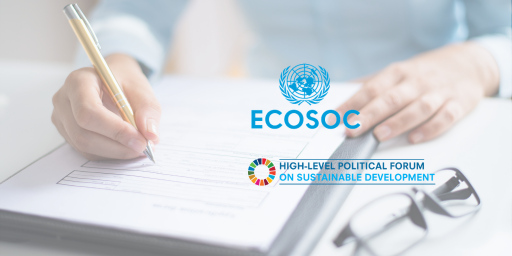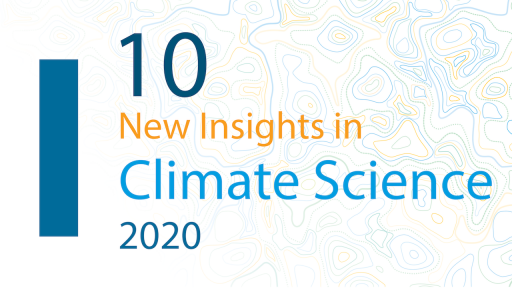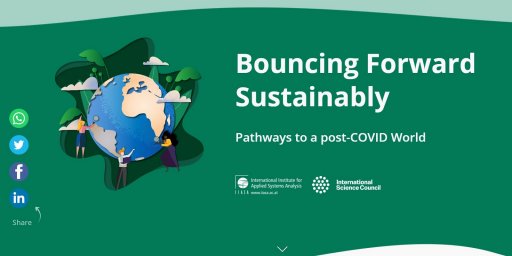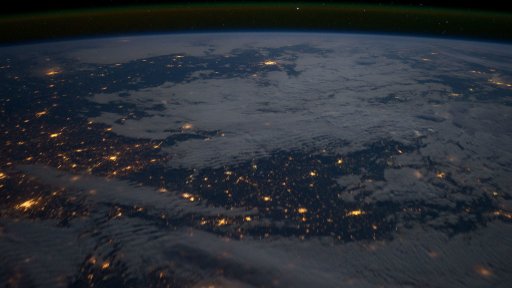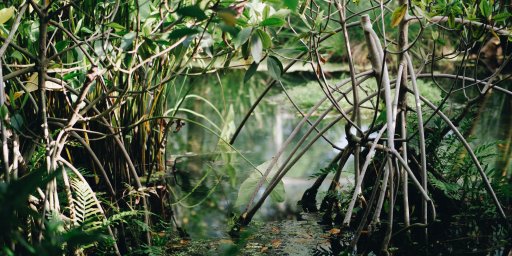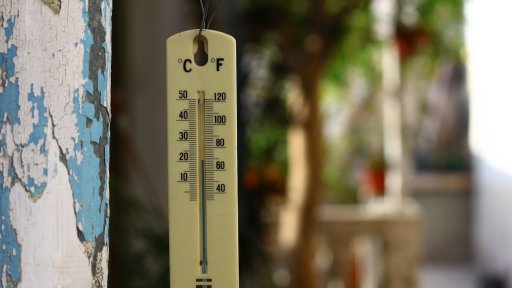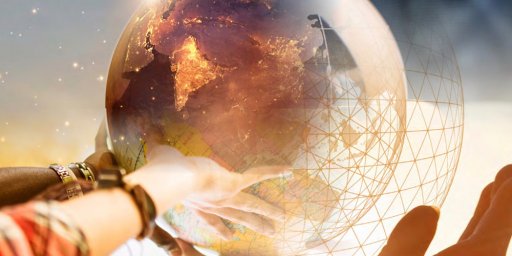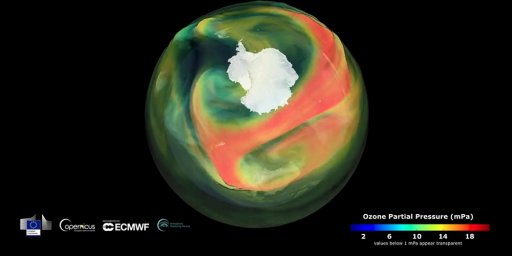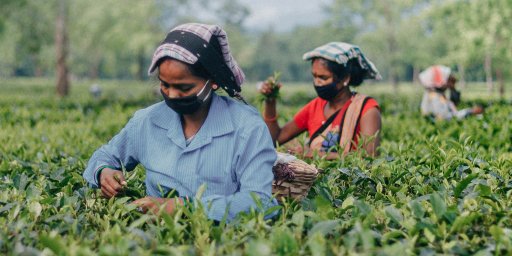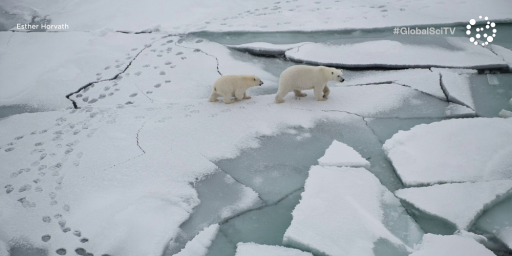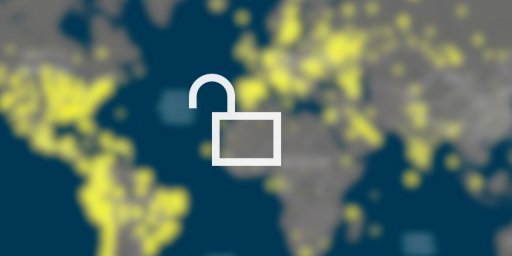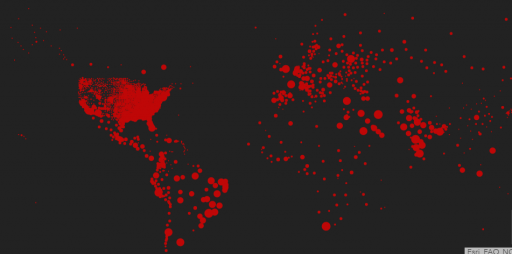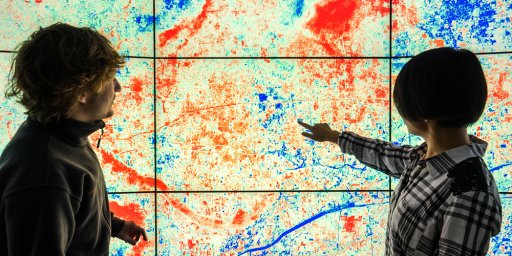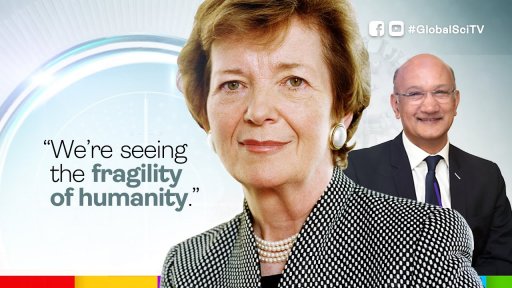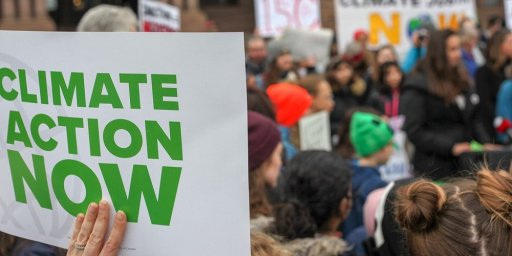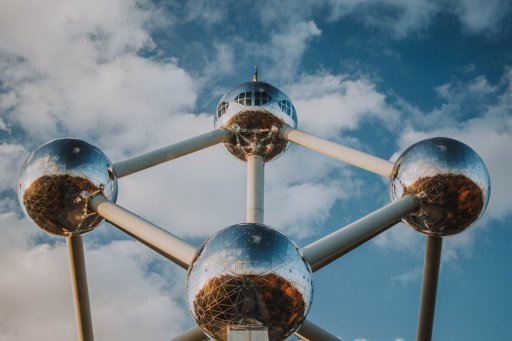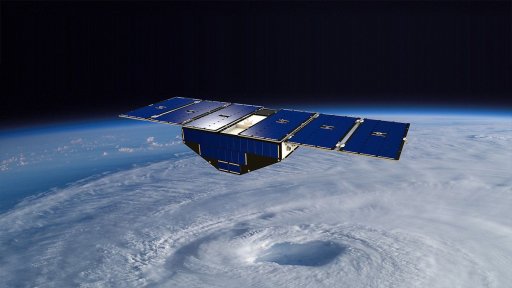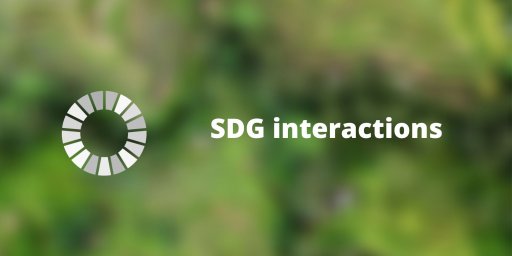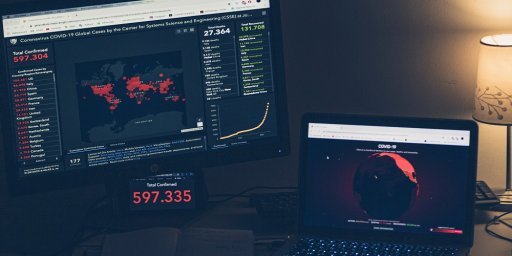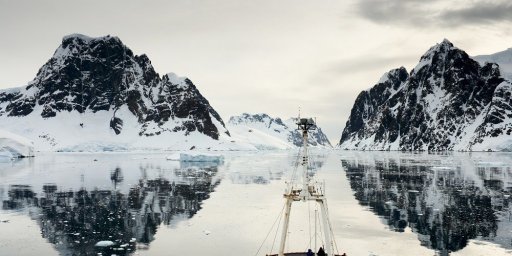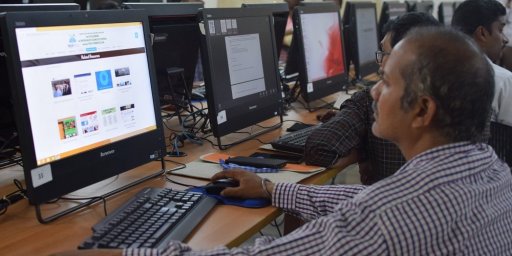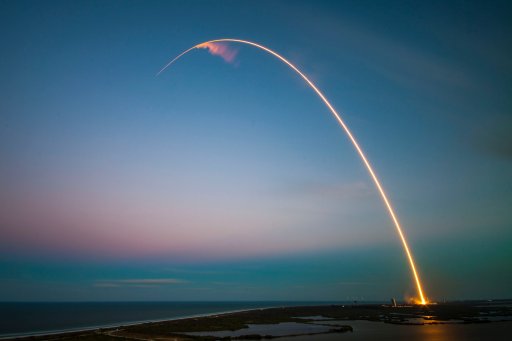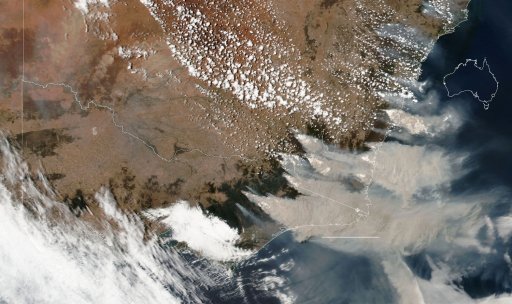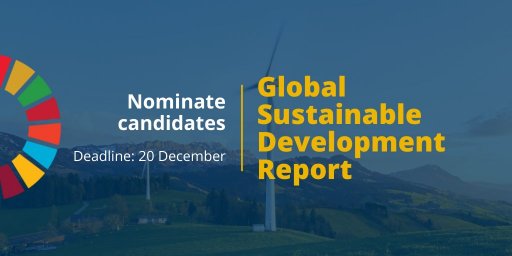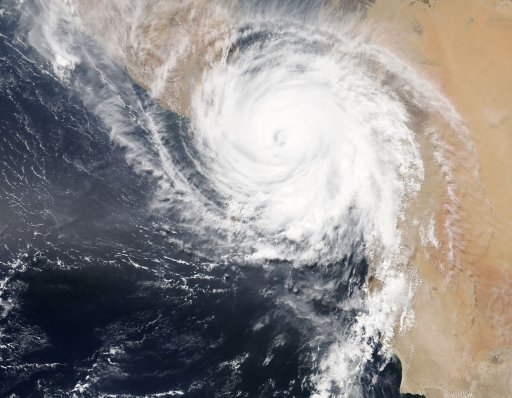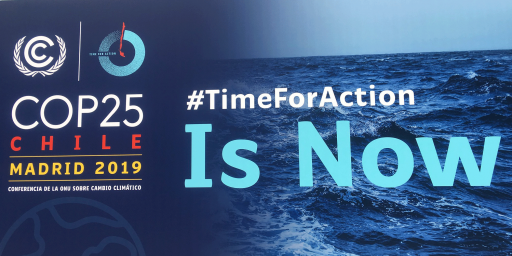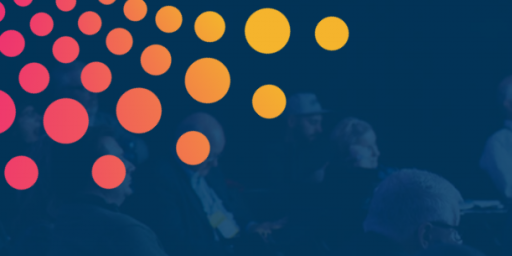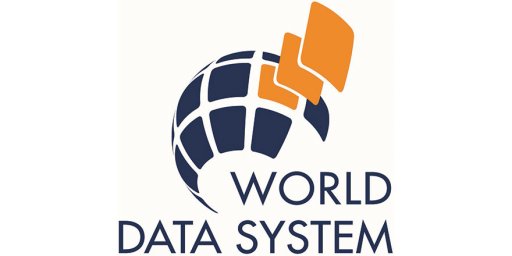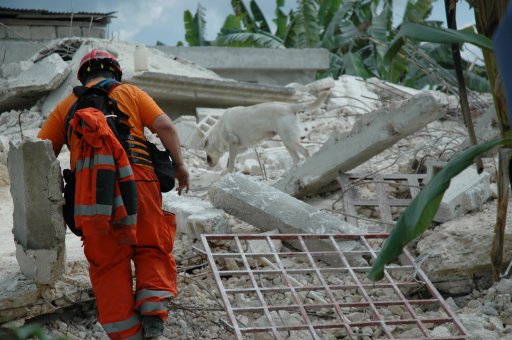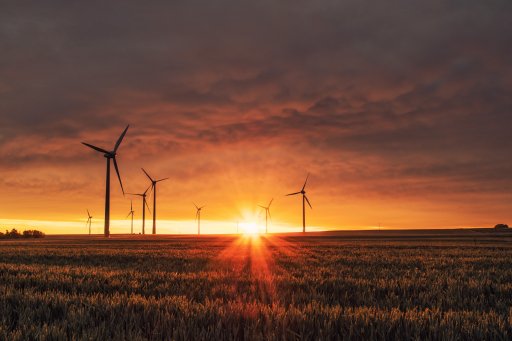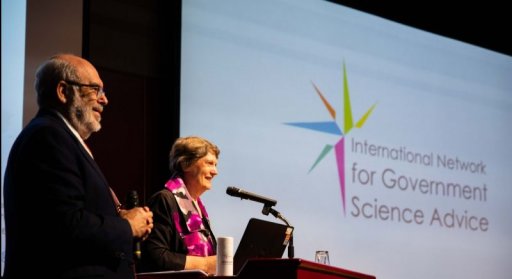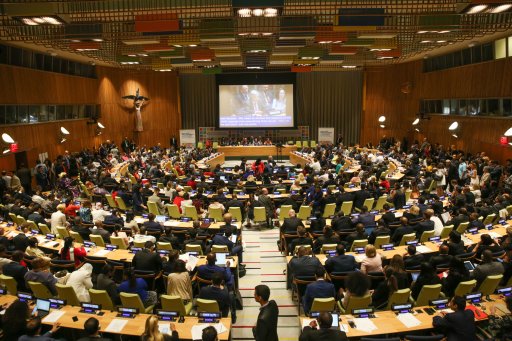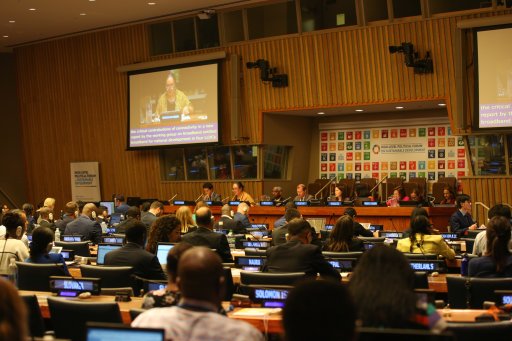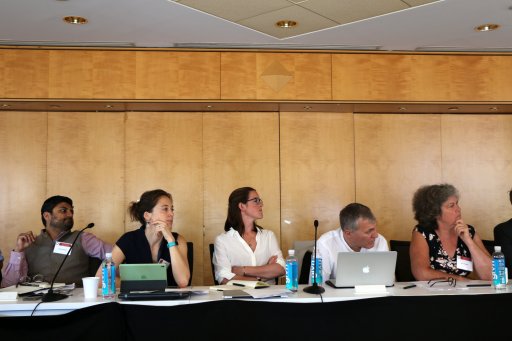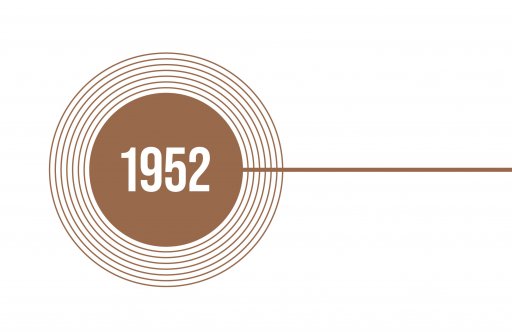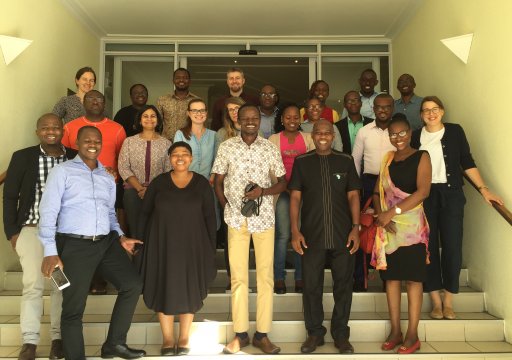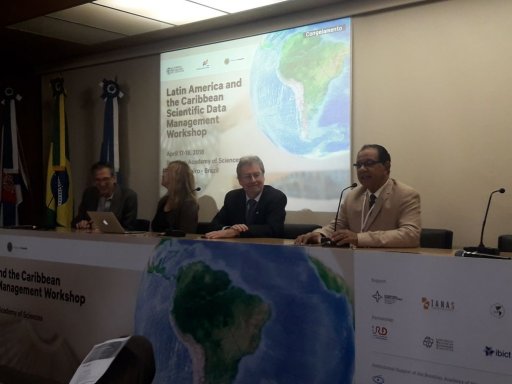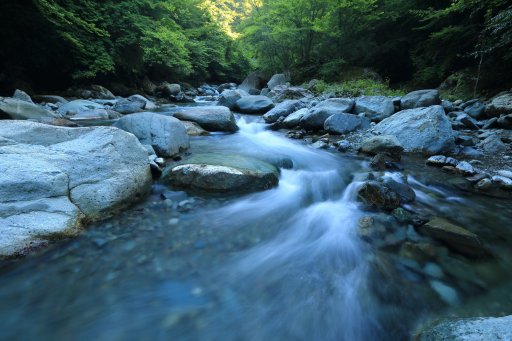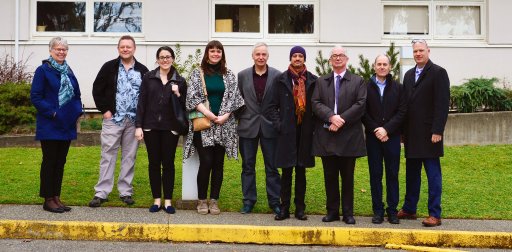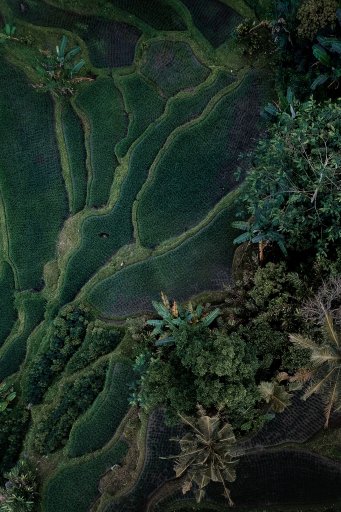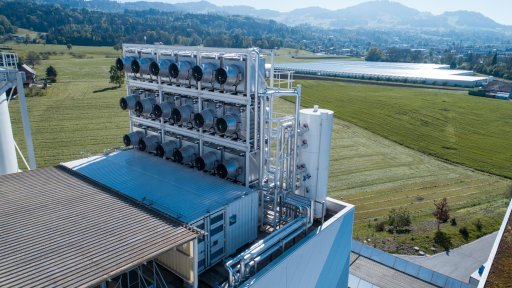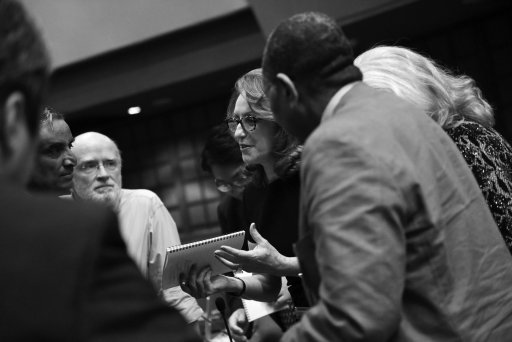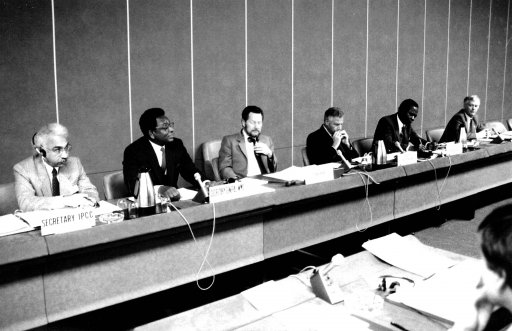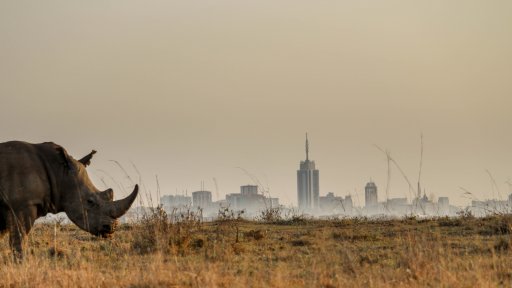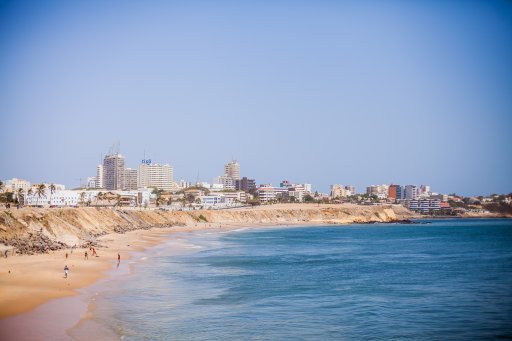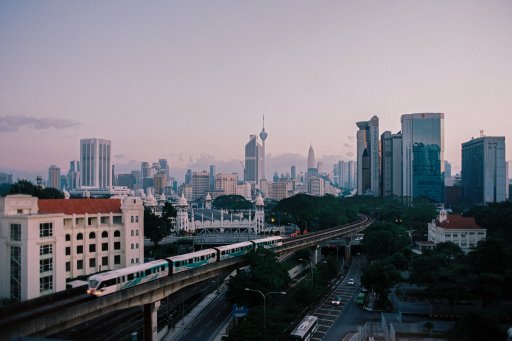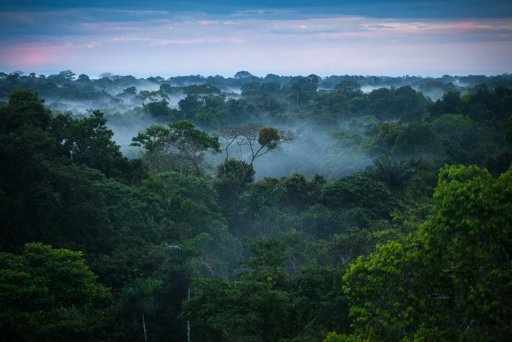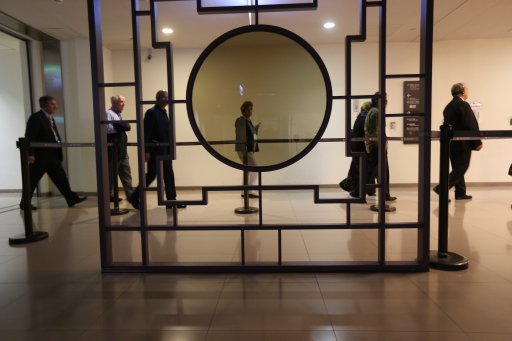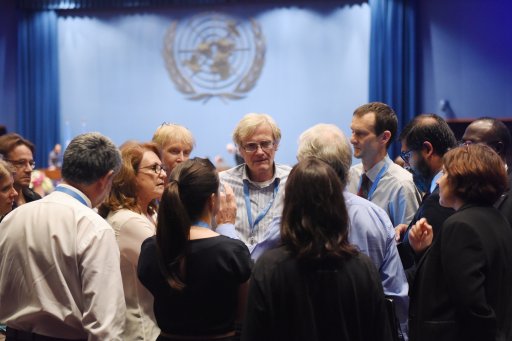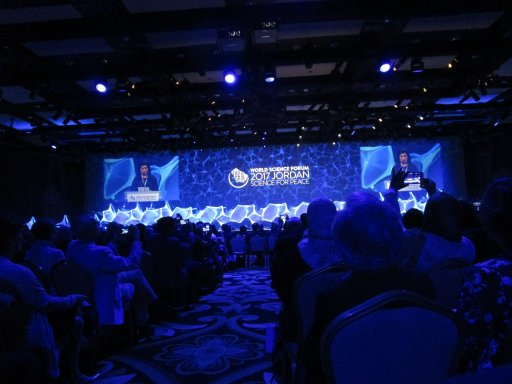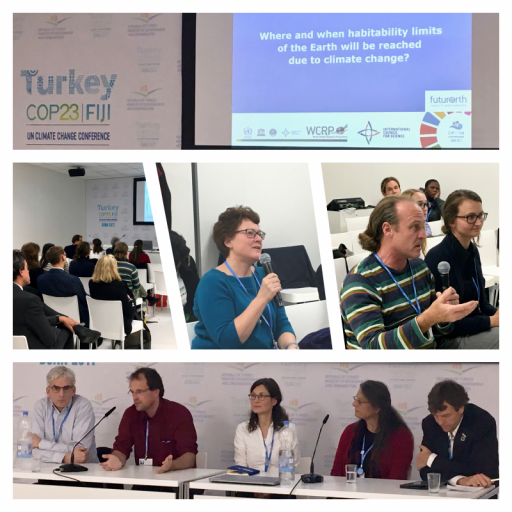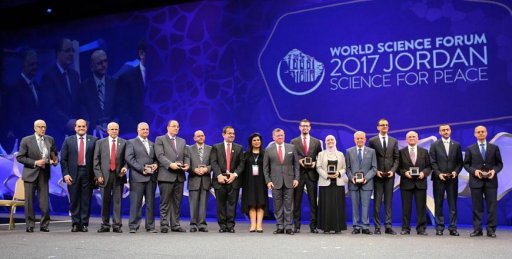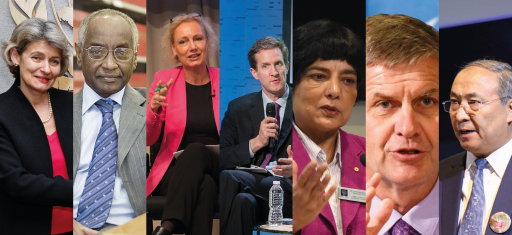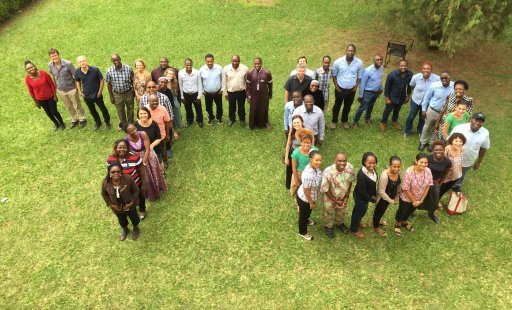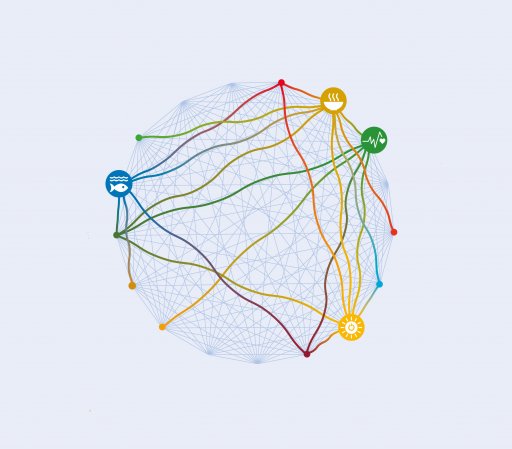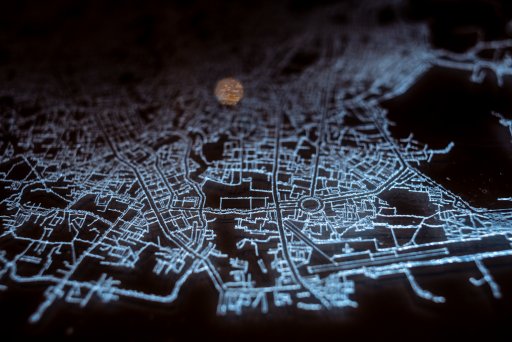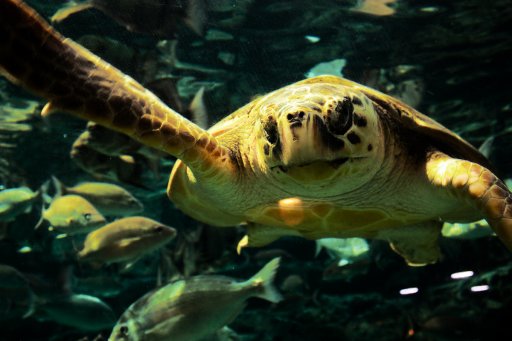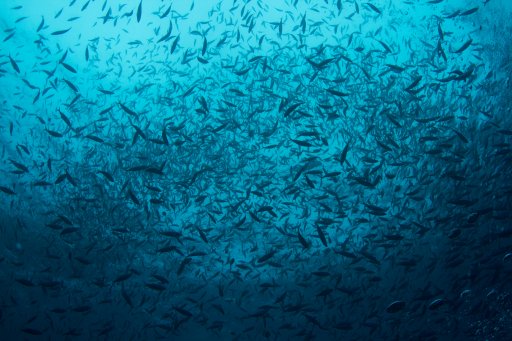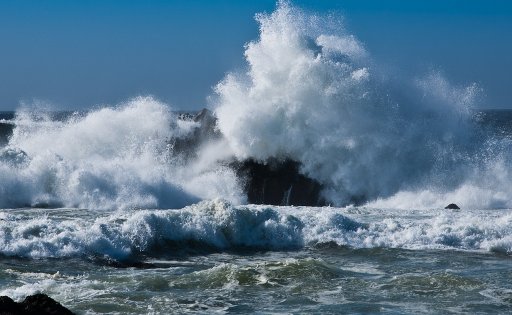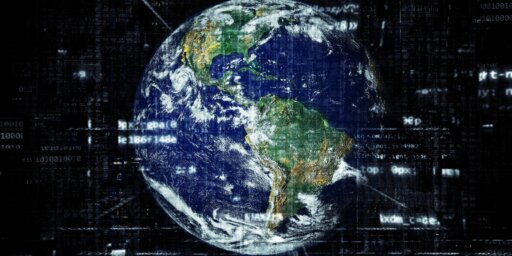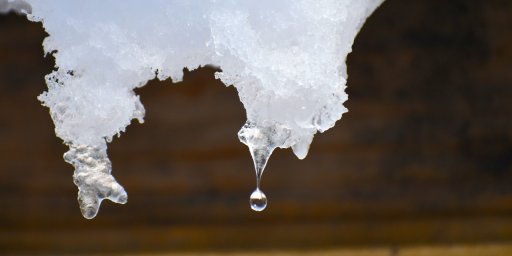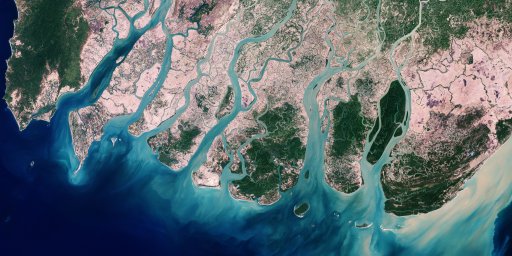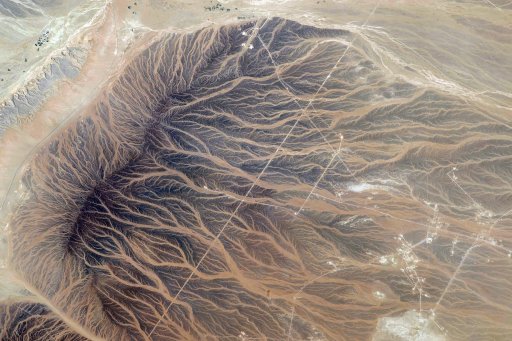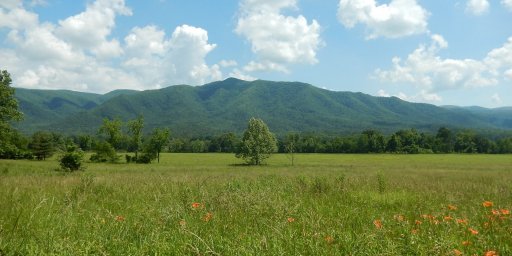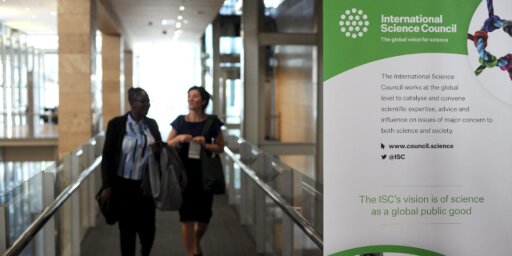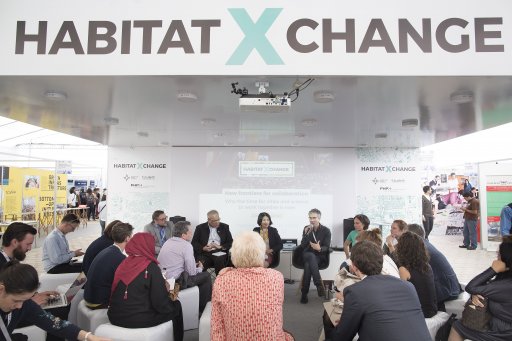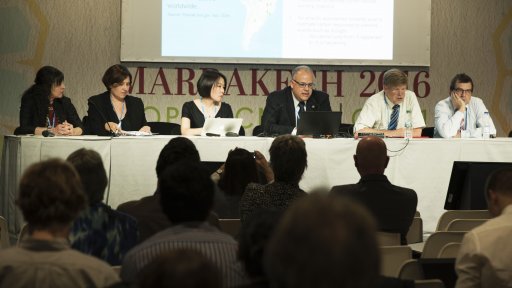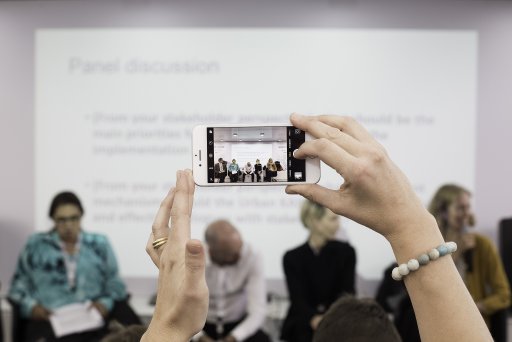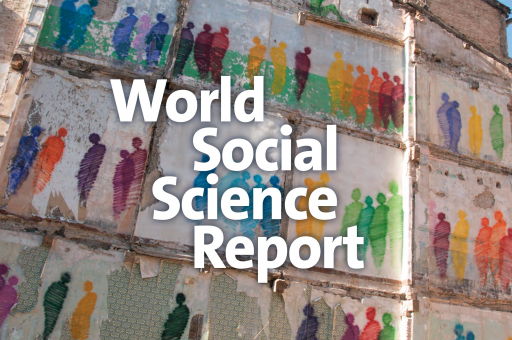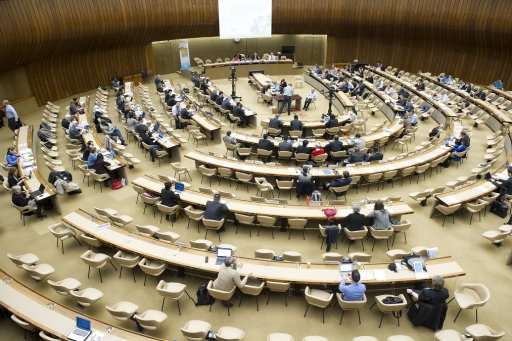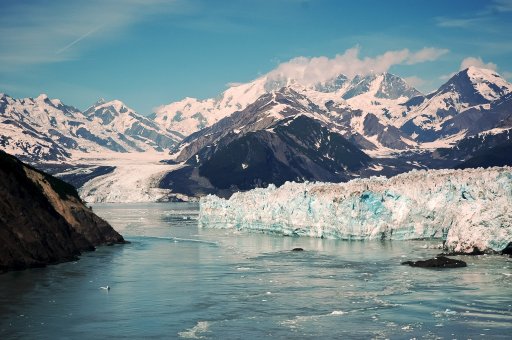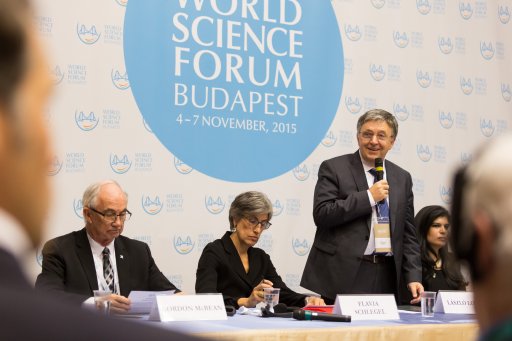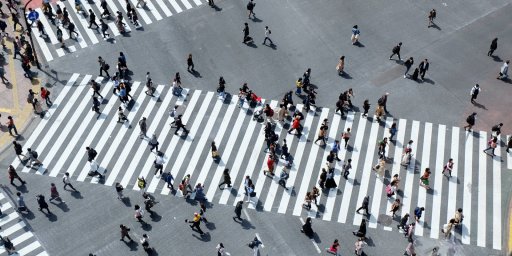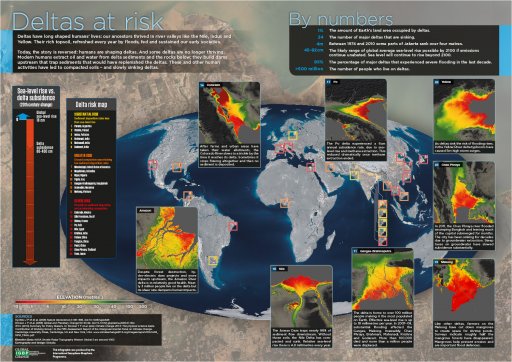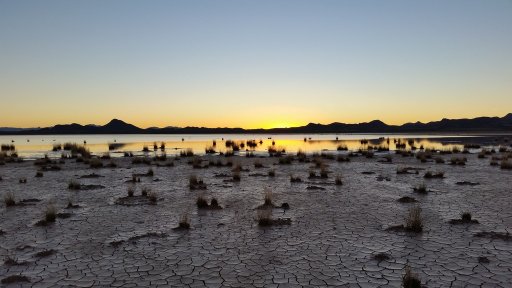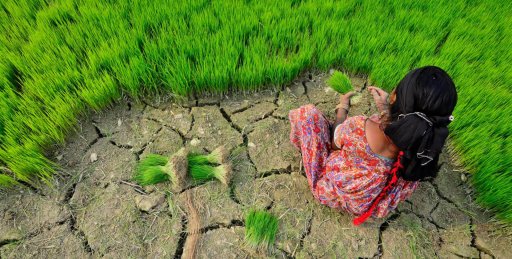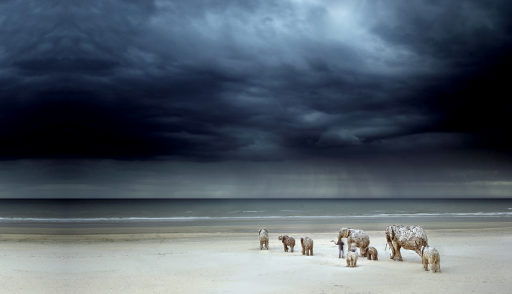This is the second part of a regular series being published between now and the historic joint meeting of our members in Taipei this October. If agreed, the merger will mark the culmination of several decades of debate about the need for more effective collaboration between the natural and social sciences, and drive new ways of thinking about the role of all the sciences in responding to the complex challenges of the modern world.
The new organisation will be formally launched in 2018. To find out more about the proposed merger visit the gitbook page.
Read part one of the series, “What do you think science is essentially for in the present age, and in the coming 30 years?”, here.
Q: What defines the global context for science today, and what sort of science is urgently needed?
Erik Solheim, Head of UN Environment (UNEP): Globally, the context for science today is Agenda 2030 or the Sustainable Development Goals (SDGs). The science that is needed urgently are the ones that could support the swift transition towards the fourth industrialization that is marked by big data, the digital revolution, robot technologies, green and low-carbon technologies, the circular economy etc.
Irina Bokova, Director General of United Nations Educational, Scientific and Cultural Organization (UNESCO): The type of interdisciplinary science needed is embodied by concepts such as Complexity Science, Sustainability Science, and by initiatives like Future Earth. They promote scientific research characterised by co-design, co-production and co-evolution principles. Research shall use the input from scientists, communities, indigenous peoples, and other stakeholders, to ensure that the essential knowledge from all relevant disciplines and actor groups is incorporated. In this way, science will transcend simple problem analysis and incorporate values, norms and visions that guide the knowledge production process, and increase legitimacy, ownership, and accountability for the problem and the potential solution through the collaborative efforts between researchers and non-academic stakeholders.
To address bottlenecks at the science-policy interface, the intrinsic interrelation of “Science for Policy” and “Policy for Science” gains critical relevance to generate the full benefits from science. Countries require science advice for policy-making, and effective policy instruments to steer development, which in turn influences the science advice process. Therefore, it is paramount to put in place Science, Technology and Innovation (STI) systems that acknowledge the interactive and evolutive nature of science, with policies focused not only on the science infrastructure, but also on institutions and organizations supporting broader individual, organizational and inter-organizational learning processes.
Guido Schmidt- Traub, Executive Director of UN Sustainable Development Solutions Network: Today the SDGs and the Paris Climate Agreement provide the context for science. They are an invitation for science to frame bold research questions and to address them. A central challenge here will be to foster greater international collaboration of scientists.
Mohamed Hassan, Founding Executive Director of The World Academy of Sciences (TWAS): The global context for science is defined by two key ideas: interdisciplinary and multidisciplinary science, and international networks and partnerships. To address the SDGs and advance sustainable prosperity, we have to cross borders and break down silos.
The food-water-energy nexus is an obvious example, but we cannot overstate its importance. All three are in short supply. All three must be produced and used sustainably. We need water and energy to produce enough food for 10 billion people. We need science to improve the efficient production of food and energy, in a way that preserves water resources. We also see the importance of interdisciplinary science in areas such as nanotechnology, biomedical technology, space technology and the Internet of Things, all of which should achieve significant innovations in the years ahead.
International partnerships are absolutely essential to progress. Consider the food-water-energy nexus: If we want to understand how that works in East Africa, or in the dryland areas of the Arab region, we need local knowledge and local research expertise, or regional knowledge and research expertise. But that knowledge can be developed and utilised in partnership with other experts from outside those regions. When scientists from the North and South work together, they learn from each other and develop together.
Charlotte Petri Gornitzka, Chair of the OECD Development Assistance Committee (DAC): Like many other areas of society, science needs to navigate in a more diverse environment when it comes to financing, recruiting talent, partnerships and not least dialogue with stakeholders and the general public. In this context, we all need to embrace diversity. From my experience what is most urgent is securing funding for basic scientific research in this era of globalisation and more diverse societies. Opportunities for collaboration and non-public funding tend to increase in many societies, and that normally supports applied research.
Swedish International Development Cooperation Agency (Sida): The global context for science is defined by inequality in all its dimensions: access, resources, gender, relations and geographical representation; and by the gap between knowledge and action.
What’s urgently needed is science that is locally determined, globally engaged and beneficial for humanity: Science that’s produced in, by and for all countries.
InterAcademy Partnership (IAP): The global context for science is characterized by: (a) accelerating globalization of capability and activities; (b) the increasingly central contribution of information technology and the manipulation of digital data to progress across most fields and disciplines; (c) the growing complexity of scientific research efforts in terms of scope, scale and interdisciplinarity enabled by (a) and (b); and (d) the increasing relevance of many scientific efforts and discoveries to a variety of policy issues as well as to application and commercialization efforts.
Certainly, science that contributes to the purposes and goals outlined in the answer to question 1 are urgently needed. Science, research and development that continue to cater to the perceived needs of people in high-income countries at the expense of making their benefits available to the millions still living in poverty is not equitable and just. It will also be necessary for the global research enterprise to ensure maximal inclusivity in the range of scientific activities as well as at relevant interfaces, e.g. with policymakers. Scientists and budding scientists in the developing world, women scientists, and scientists from underrepresented groups must not be left behind, but should be included as partners in multiple forms of engagement.
In addition, some of the core practices and institutions of science emerged and were codified in the environment of their time and may not be suited to the scientific environment that is emerging today. In order to deliver on its promise and potential, the global research enterprise must re-examine and strengthen its institutions and practices with the aim of ensuring greater rigour and integrity.
The global research enterprise will continue to earn the trust of global society and demonstrate the value of significant investments of resources in science through greater transparency and accountability. The global research enterprise also needs to take a leadership role in preventing the misuse of science and participating in societal discussions over ethical issues raised by some new technologies and areas of research.
Marlene Kanga, President-Elect of the World Federation of Engineering Organizations (WFEO): We urgently need science that addresses global problems that are not restricted to national borders. We need to address climate change as a pressing challenge but also related issues of the oceans, loss of species, deforestation and air pollution – all issues that are global.
Chao Gejin, President of the International Council for Philosophy and Human Sciences (CIPSH): Science is more and more important, and is irreplaceable in today’s global context. We urgently need science to promote peoples’ lives in a larger sense, and diminishing the danger that high-tech weapons pose to our species.
About the respondents
Erik Solheim is head of UN Environment @ErikSolheim
Irina Bokova is Director General of UNESCO @IrinaBokova
Guido Schmidt-Traub is Executive Director of the UN Sustainable Development Solutions Network @GSchmidtTraub
Mohamed Hassan is TWAS Founding Executive Director @TWASNews
Charlotte Petri Gornitzka is Chair of the OECD Development Assistance Committee (DAC) @CharlottePetriG
InterAcademy Partnership @IAPartnership
Marlene Kanga is President-Elect of the World Federation of Engineering Organizations @WFEO
Swedish International Development Cooperation Agency (Sida) @Sida
Chao Gejin is President of the International Council for Philosophy and Human Sciences (CIPSH)
[related_items ids=”1489,4356″]
Related Items
Insights from Dr. Pedro Jaureguiberry, Frontiers Planet Prize National Champion, on biodiversity loss and planetary boundaries
25.04.2024
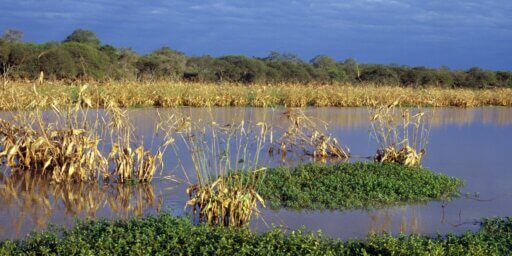
Unlocking the Future: A Guide for Policy-makers: Evaluating Rapidly Developing Technologies Including AI, Large Language Models and Beyond
22.04.2024

A guide for policy-makers: Evaluating rapidly developing technologies including AI, large language models and beyond
17.04.2024

Disaster risk reduction: UNDRR and ISC to review Hazard Information Profiles ahead of 2025 Global Platform
09.04.2024
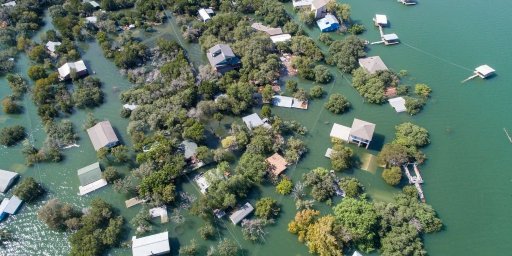
The ISC’s Centre for Science Futures secures over one million dollars grant to explore the impacts of AI on science systems in the Global South
05.04.2024
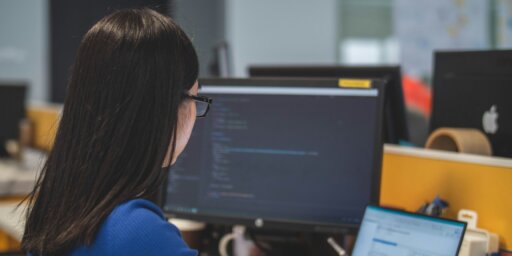
Pacific Islands Academy of Sciences and Humanities: A Pivotal Step Towards a Resilient Future
01.03.2024
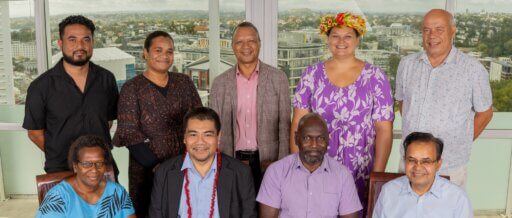
President of the International Science Council, Sir Peter Gluckman, addresses EU Ministers
15.02.2024

World Climate Research Programme launches a Lighthouse Activity on Climate Intervention Research
15.02.2024

Achieving sustainable development requires the full inclusion of women and girls in science
12.02.2024

Biodiversity data is distorted by past inequities. Scientists are wrestling to get a clearer picture.
15.01.2024

The International Science Council appoints 100 new Fellows to help advance its vision of science as a global public good
19.12.2023
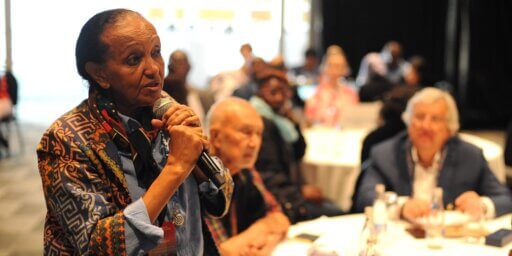
Fostering tomorrow’s science: the ISC's engagements with Early and Mid-Career Researchers in 2023
13.12.2023

"What's holding us back?": how economists and social scientists might hold the key to climate action
12.12.2023
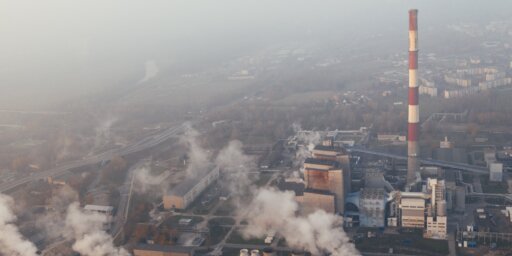
Podcast with Cory Doctorow: Science Fiction and the Future of Science: Leveraging Digital Advancements for the Future
11.12.2023

For science-based decision-making on the climate emergency: 10 new insights in climate science
05.12.2023
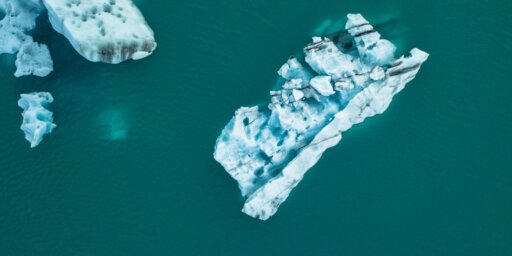
Podcast with Qiufan Chen: Science Fiction and the Future of Science: Values and Senses in Artificial Intelligence
04.12.2023

Podcast with Fernanda Trías: Science Fiction and the Future of Science: Lessons from an Eco-Dystopia
27.11.2023

Podcast with Vandana Singh: Science Fiction and the Future of Science: Data, Narrative, and Transdisciplinarity
20.11.2023
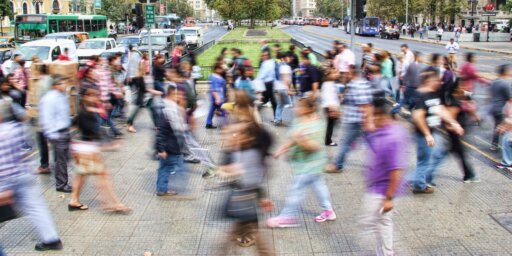
The costs of shifting scenarios: Why the IPCC should maintain consistent vocabulary in climate assessments
17.11.2023
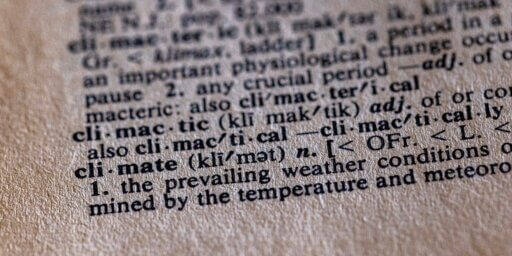
New ISC policy brief: A call for a formal scientific voice in the global fight against plastic pollution
16.11.2023
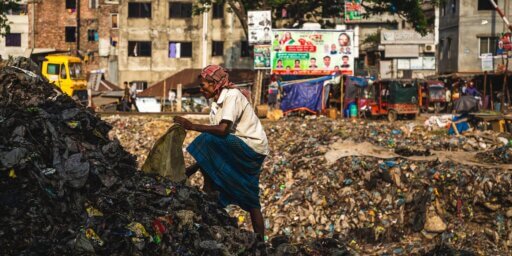
Converging and interdependent crises are amplifying the impacts of one another with often devastating consequences
16.11.2023
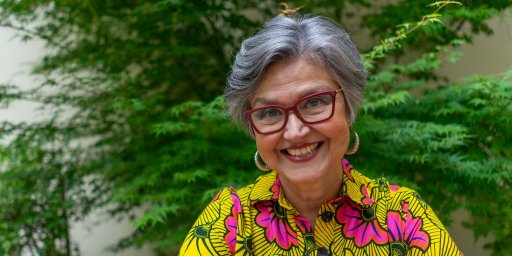
FAO and the International Science Council join forces to strengthen science-policy interfaces for agrifood systems
14.11.2023

Podcast with Karen Lord: Science Fiction and the Future of Science: Long-Term Thinking in Policy-making
13.11.2023

Reframing Trust in Science for Multilateral Policy: Insights from the Science Journalists Forum
09.11.2023

Policy Brief: Creating a Strong Interface between Science, Policy and Society to Tackle Global Plastic Pollution
09.11.2023

One Planet Polar Summit, scientists striving to bridge the science-policy gap for urgent action: "every tenth of a degree Celsius matters"
09.11.2023
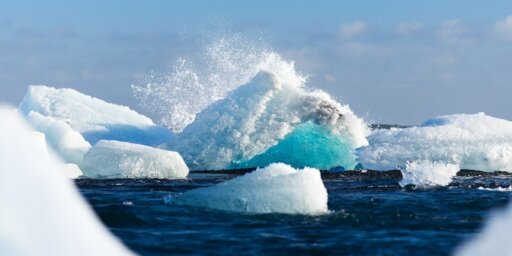
Call for nomination of experts to draft an outline of the IPCC Special Report on Climate Change and Cities - deadline 15 November
02.11.2023

A framework for evaluating rapidly developing digital and related technologies: AI, large language models and beyond
23.10.2023

Cultivating a proactive approach to crises: first meeting of the UNEP/ISC foresight expert panel
26.09.2023
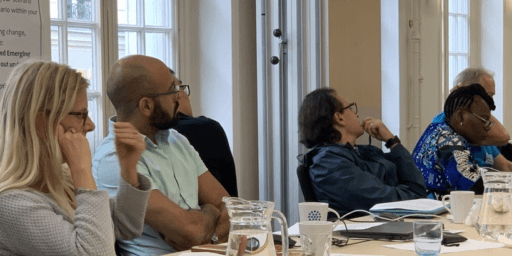
"The making of the Golden Record of our century": daring to pursue mission-oriented science
19.09.2023

To achieve sustainable development, the world needs to mobilize around a big science approach once more
13.09.2023
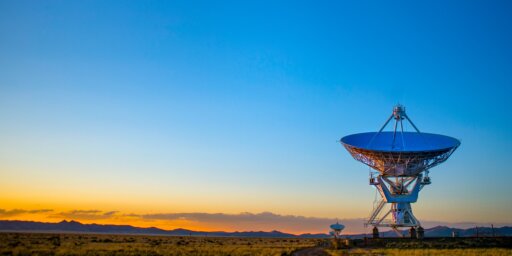
Proclamation of the International Decade of Sciences for Sustainable Development by the United Nations General Assembly
29.08.2023
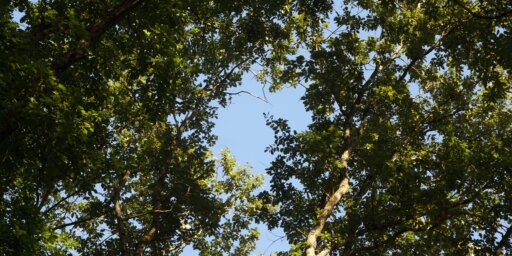
Global science needs a new approach to tackle climate change and complex sustainability question
27.07.2023
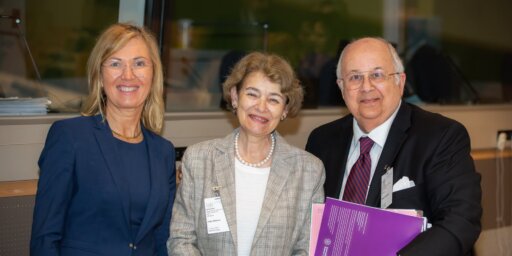
The ISC addresses the UN High Level Political Forum and meets with the UN Secretary General
24.07.2023
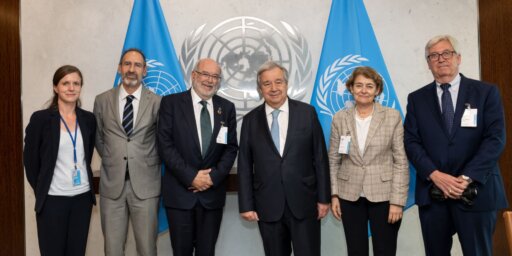
Ambitious global $1 billion per year ‘mission science’ model needed to win on sustainable development in time, warn experts
12.07.2023

Charting a New Course: Science Day to Pioneer Evidence-Based Strategies for SDG Acceleration at the HLPF 2023
11.07.2023
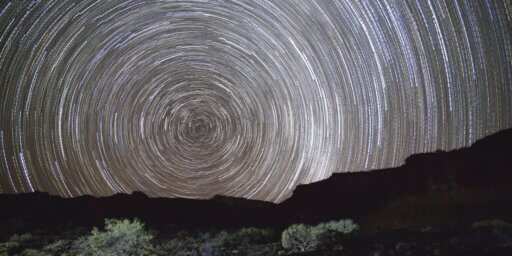
A Model for Implementing Mission Science for Sustainability: proposed by the Technical Advisory Group to the Global Commission on Science Missions for Sustainability
11.07.2023

Frontiers Planet Prize, second edition: celebrating the world’s most innovative sustainability scientists by 1 November
08.06.2023
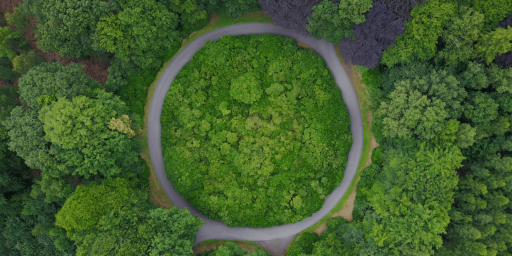
Protecting the ocean: 5 essential reads on invasive species, overfishing and other threats to sea life
08.06.2023
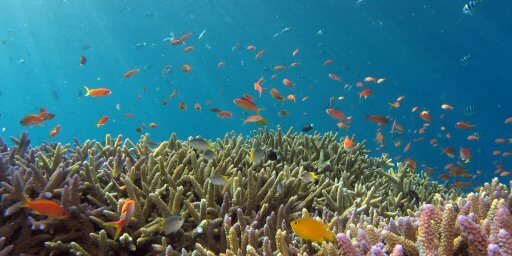
The ISC at the Second Session of the Intergovernmental Negotiating Committee on Plastic Pollution
29.05.2023

Rising to the challenge of the High-Level Meeting on the Sendai Framework: Insights from the ISC's latest disaster risk reduction report
18.05.2023
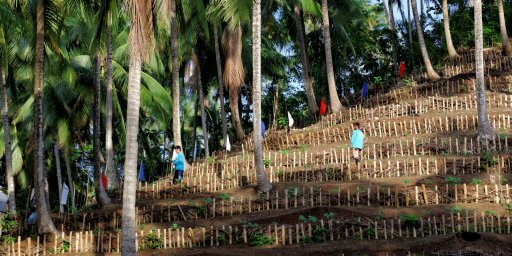
Nurturing a Sustainable Future: Collaboration, Empowerment, Trust, and Resilience in Science at the ISC Mid-term Members Meeting
16.05.2023

From Antarctica to Space: updates from Affiliated Bodies on Day 3 of ISC Mid-term meeting
15.05.2023
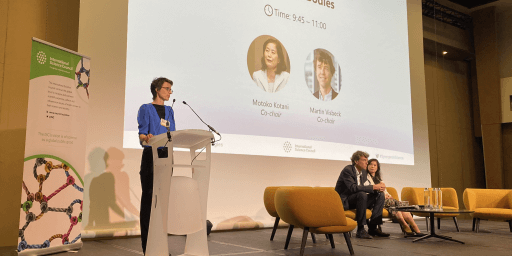
ISC's nomination track ensures transdisciplinary and global representation in UNEP's Scientific Advisory Group for GEO-7 Assessment
14.04.2023
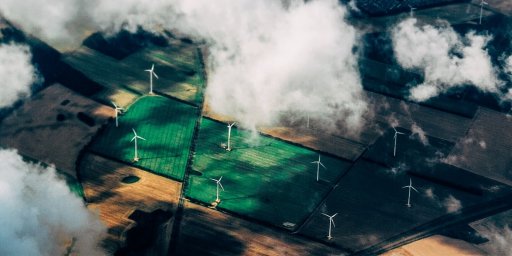
Rebalancing Waste Management Governance in Cities with Informal Systems: Engaging Local Stakeholders and Academics through Transdisciplinary Research
11.04.2023
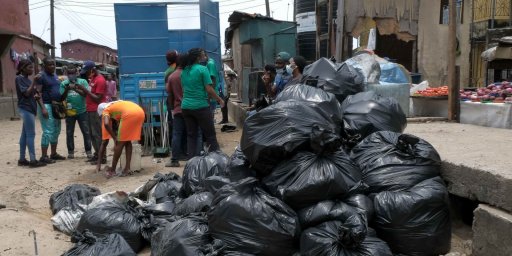
Launch of the LIRA 2030 Africa reports highlighting key achievements and lessons learned from advancing transdisciplinary science in Africa
03.04.2023
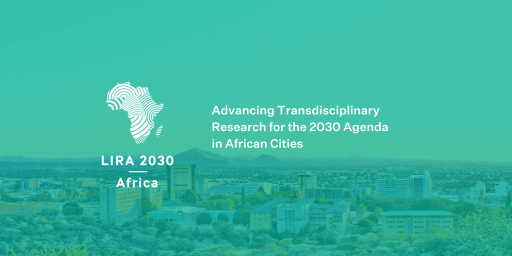
LIRA 2030 Africa: Learning from Practising Transdisciplinary Research for Sustainable Development in African Cities
03.04.2023
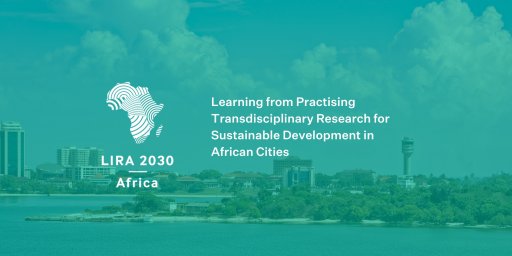
UN 2023 Water Conference carries new engagements towards realizing SDG6 and future avenues for a decade of action
23.03.2023
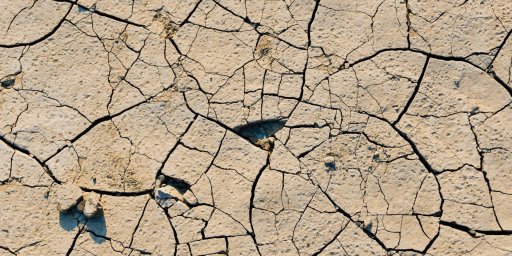
IPCC report: the world must cut emissions and urgently adapt to the new climate realities
21.03.2023
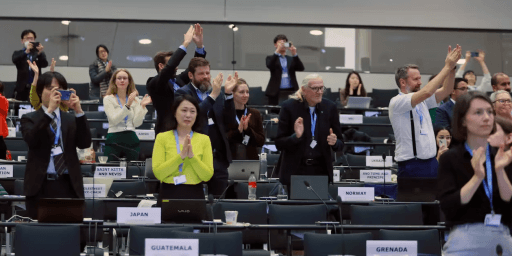
Delivering actionable and science-based water solutions: new ISC policy brief launched ahead of the 2023 UN Water Conference
15.03.2023
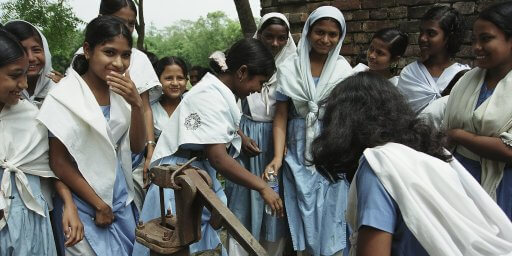
Second conference on the war in Ukraine: exploring the impact on the science sector and supporting initiatives
14.03.2023

ISC-BBC StoryWorks partnership ends on a high note, delivering some of the highest engagement for the BBC
13.03.2023

World is set to miss UN targets for preventing deadly and costly disasters by 2030, warns International Science Council
28.02.2023

Distinguished lecture series - From fire to space - Basic sciences lead and shape our paths toward sustainable development
13.02.2023

In wake of ‘natural’ disasters, not reducing biodiversity loss is a big missed opportunity
01.02.2023

International Science Council deplores the exclusion of women from university education in Afghanistan and urges the Afghan authorities to reverse their decision
31.12.2022
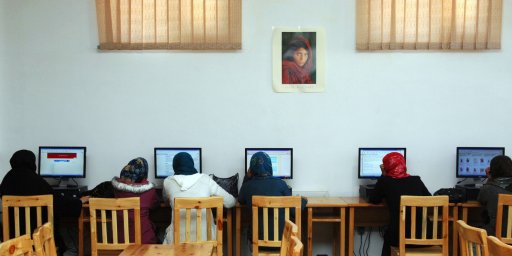
The ISC and UNEP to cooperate on advancing the use of science in environmental policy and decision-making
16.12.2022

Science in Times of Crisis Episode 3 - The Fallout of Conflict: The Arctic and Outer Space
15.12.2022
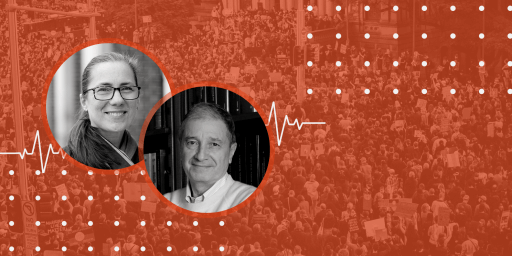
There are 8 years left to meet the UN Sustainable Development Goals, but is it enough time?
18.11.2022
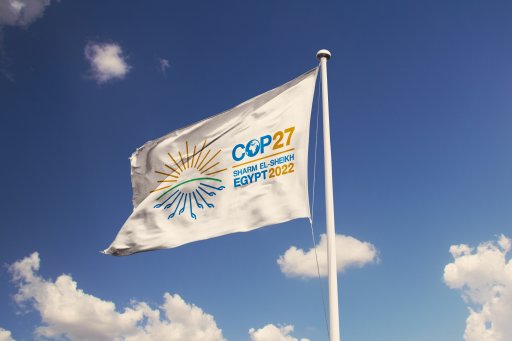
Special interview series on COP 27- Interview with Nick Perkins about climate change and science communication
17.11.2022
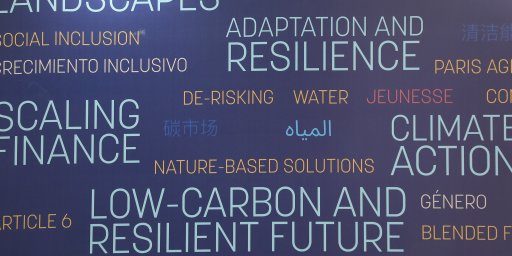
Are we in a new era of climate adaptation implementation? The role of regional governments in facilitating local action
09.11.2022
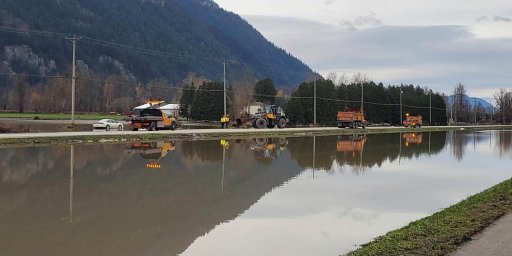
In the face of extreme weather events, coordinated global action to address climate change is needed at COP27
04.11.2022
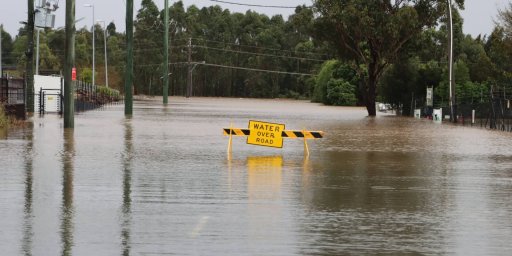
Professor Carlos Lopes on why Africa needs to stick to renewables despite the temptation of gas
28.10.2022
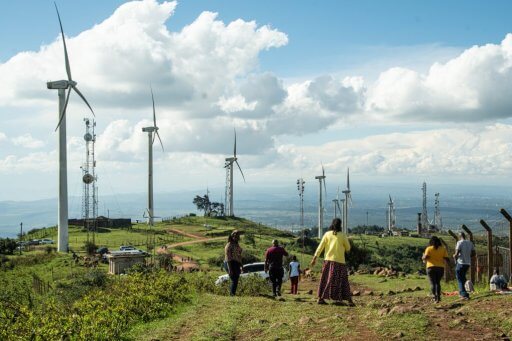
Happy birthday to the Montreal Protocol – the most successful environmental treaty of all time?
16.09.2022
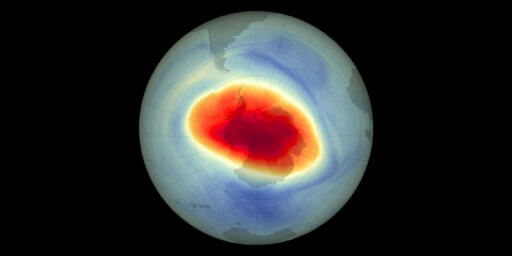
Funding for resilience: Five key objectives to protect vulnerable groups through Environmental, Social, and Governance (ESG) Investing
04.08.2022
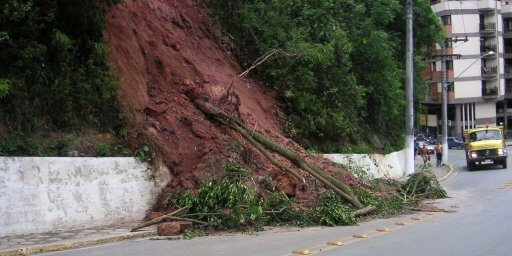
WorldFAIR: Global cooperation on FAIR data policy and practice – Kick-Off Meeting introduces major new initiative to advance implementation of the FAIR data principles
01.07.2022
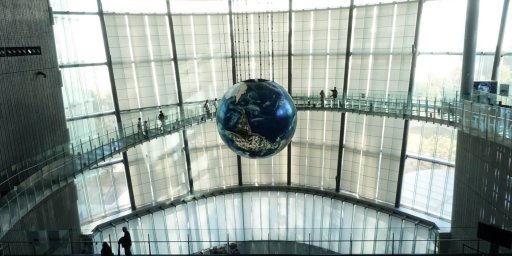
Position paper of the Scientific and Technological Community Major Group for the 2022 High-level Political Forum
17.06.2022
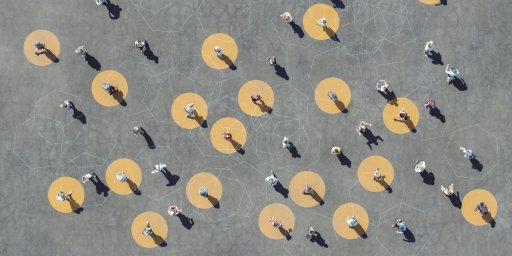
What's on the horizon for scientific data services? The latest from the World Data System
13.06.2022
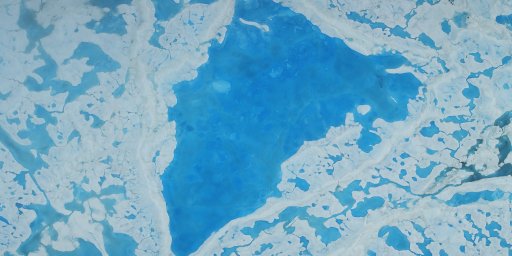
International Science Council appoints 66 Foundation Fellows who have made exceptional contributions to the role of science as a global public good
09.06.2022
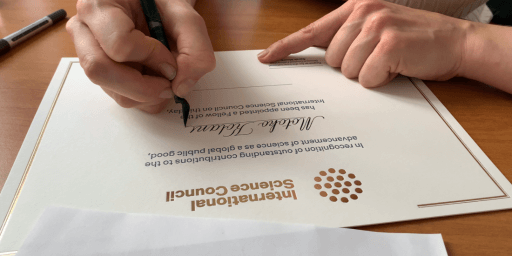
Policy Brief: Harnessing data to accelerate the transition from disaster response to recovery
24.05.2022
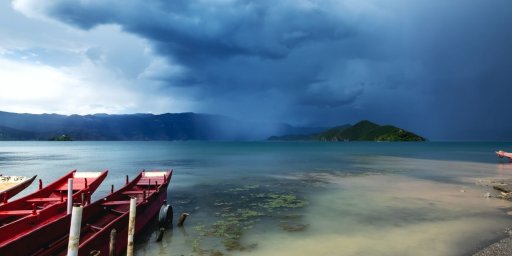
Three things to know about how Intellectual Property can contribute to sustainability transitions
26.04.2022
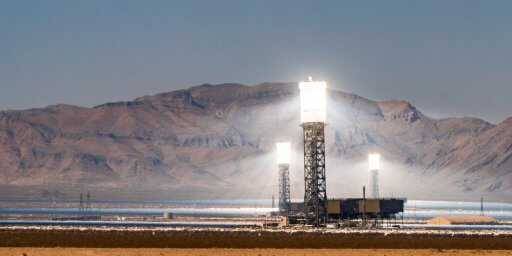
Managed retreat from areas threatened by floods can catalyse positive social transformations
13.04.2022
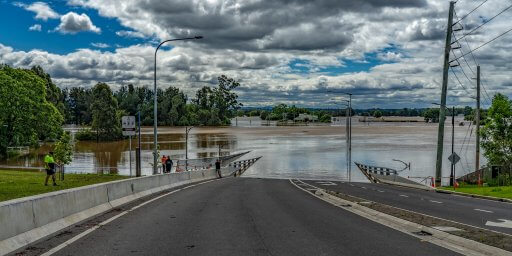
New Technical Advisory Group to support the Global Commission on Science Missions for Sustainability
07.04.2022
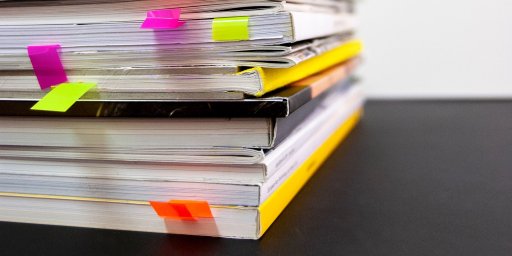
Joint Statement of Intent on the Digital Transformation in the International Scientific and Quality Infrastructure
01.04.2022

Systemic Risk Briefing Note highlights complexity of interconnected, interdependent, and uncertain challenges
10.03.2022
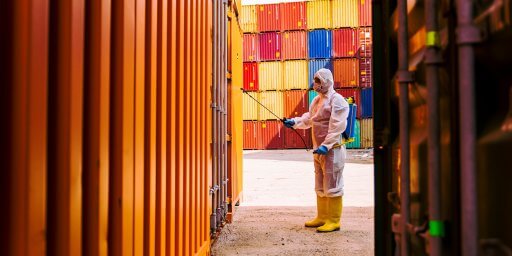
Women Leading on Equitable and Inclusive Solutions to address the Climate Emergency: Webinar
08.03.2022
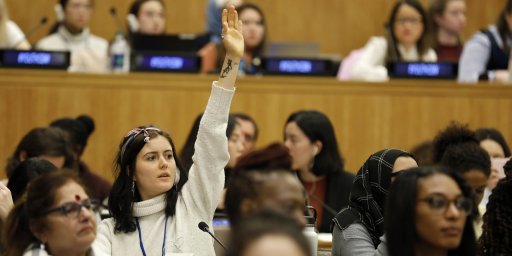
The window for climate action to avoid dangerous systemic risks is narrowing, warns latest IPCC report
28.02.2022
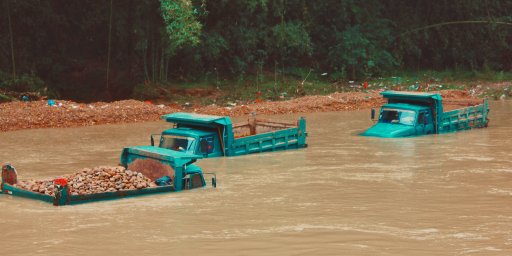
An early career perspective on the science-policy interface in the decade of climate action following COP26
28.12.2021

The International Year of Basic Sciences for Sustainable Development proclaimed by the United Nations General Assembly for 2022
03.12.2021
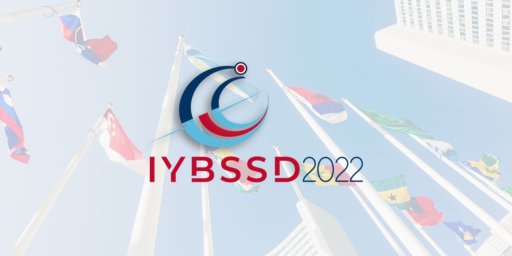
If universities want to hit climate targets, they should use their land for carbon offsetting
26.11.2021

Major scientific assessment of the Amazon region issues urgent call to end deforestation and avert tipping points
15.11.2021
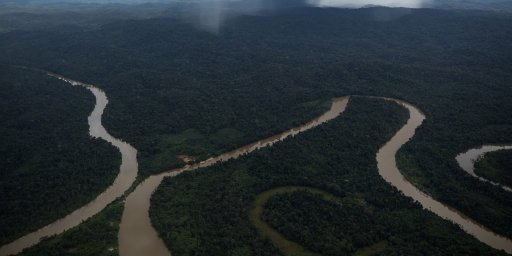
Climate change projections for Pakistan: the need for sustainable solutions to protect its people and biodiversity
08.11.2021

Four considerations for accelerating progress on climate change at the science-policy interface
05.11.2021
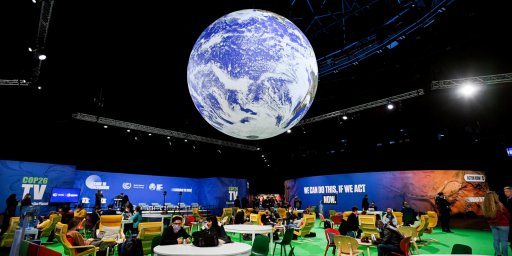
Ten New Insights in Climate Science 2021 report highlights critical research and policy implications for addressing the climate crisis
04.11.2021
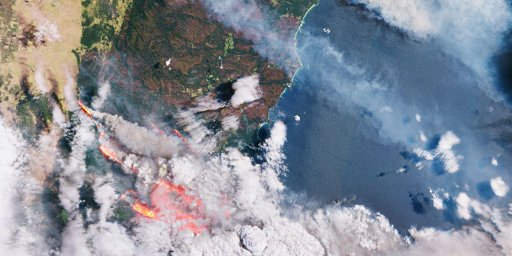
Ahead of COP26, Ekanem I. Braide shares her perspective on the priorities for action and the role of science
29.10.2021
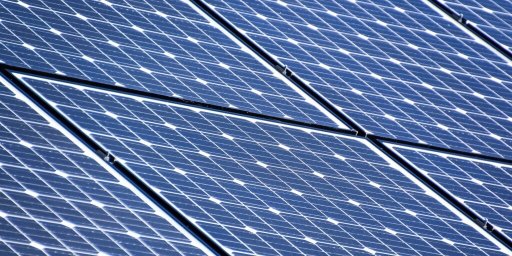
Climate risk assessment gaps: seamless integration of weather and climate information for community resilience
27.10.2021
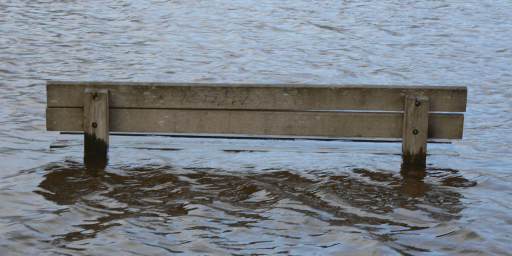
Increasing the participation of women in the climate change debate, including as leaders, is essential for a carbon-zero future
19.10.2021
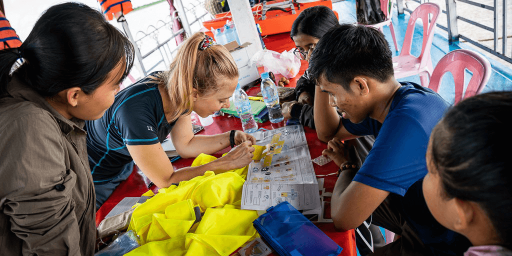
Deepening interactions between science and policy on the way to COP26: What role for science publishers?
12.10.2021

Strengthening the resilience of our global food system while advancing its transformation
23.09.2021
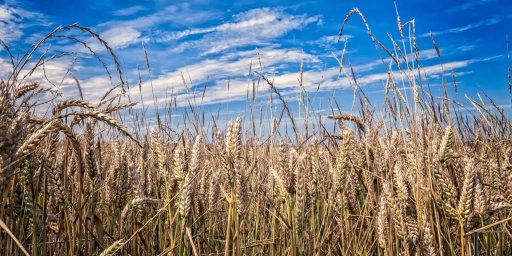
Call for emergency action to limit global temperature increases, restore biodiversity, and protect health
06.09.2021
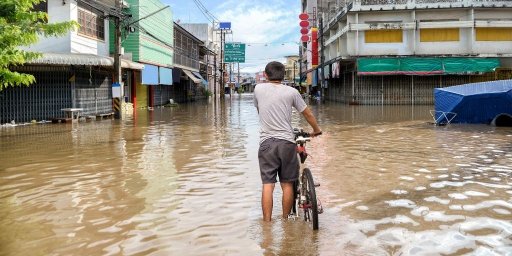
Coastal communities in the Arctic rely on structural measures to adapt to climate change, but should they?
19.08.2021
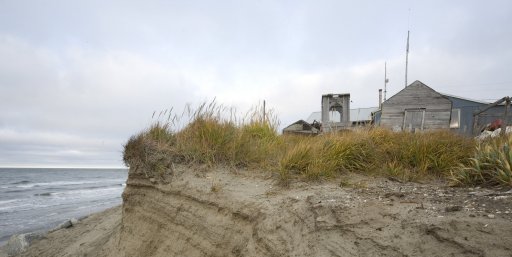
Indigenous inclusion in the science-policy sphere requires more than symbolic gestures: Interview with Meg Parsons
10.08.2021

Deep and sustained emissions reductions required to head off rapid climate change affecting all regions of the world
09.08.2021
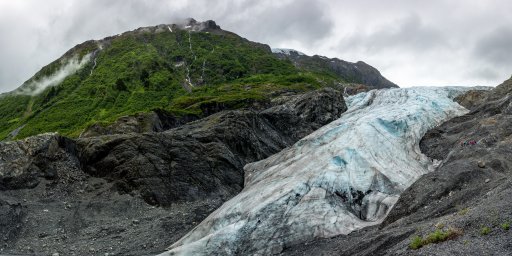
Navigating towards sustainability: how research networks can make a difference using the ‘network compass’
06.07.2021
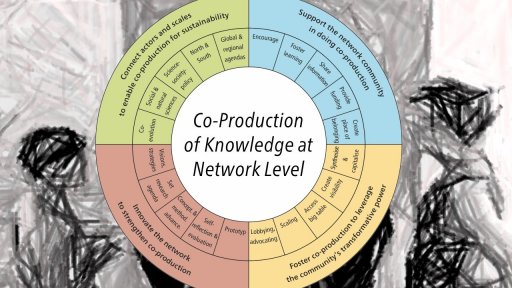
Tell me a story – why climate change communication needs to embrace our childlike curiosity
28.06.2021
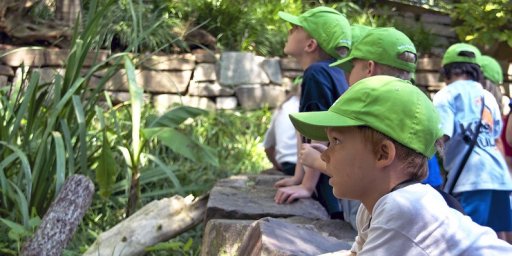
Critical social science perspectives on transformations to sustainability – emerging framings and approaches
14.06.2021

COP26 Climate Action Champion Nigel Topping on creating an 'ambition loop' for bolder pathways to change
04.05.2021
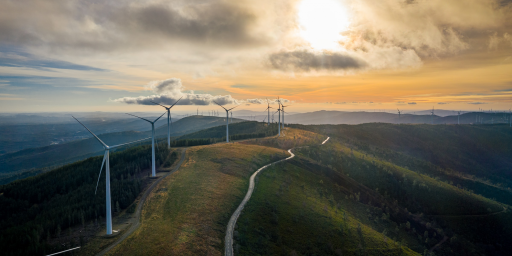
2021 Forum on Science, Technology and Innovation for the SDGs: amplifying STI for a sustainable and resilient COVID-19 recovery
01.05.2021
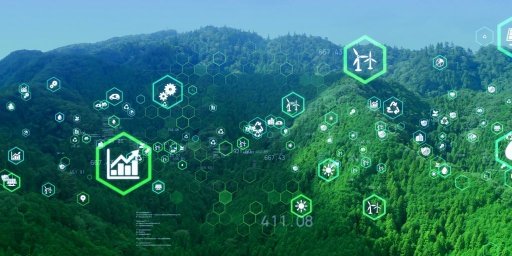
COVID-19 has sparked new relationships between academia and policymakers – we must maintain them
20.04.2021

Strengthening the links between science and society for action on climate change in France
19.04.2021
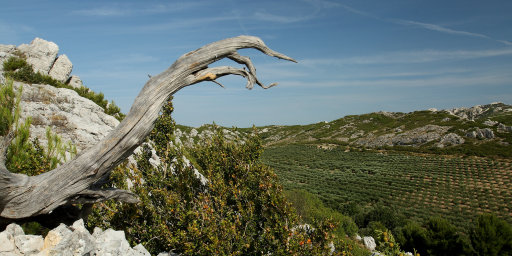
Target high-carbon emitters to accelerate green transition, say leading experts on behavioural change
13.04.2021

Working scientist podcast: Democratizing knowledge and access to tools for sustainable development
11.03.2021
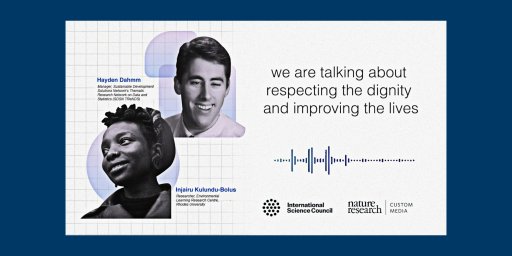
World Engineering Day - science and engineering are key partners in building a sustainable future
04.03.2021

Working together: Future Earth and WCRP announce partnership to jointly address major societal challenges
18.12.2020
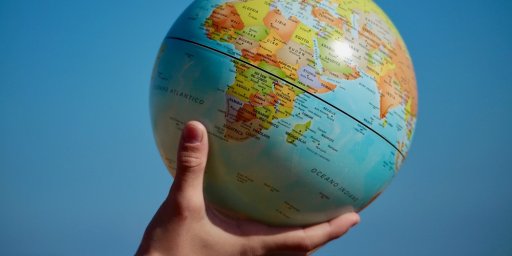
The Intergovernmental Oceanographic Commission launches the Global Ocean Science Report 2020
14.12.2020

Taking stock of progress on global change: What to expect from the UNEP Global Assessments Synthesis Report
03.12.2020
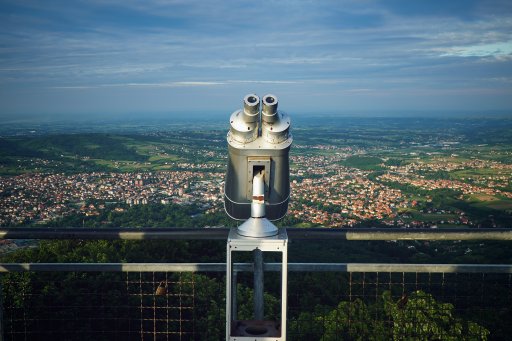
Kyoto Landslide Commitment launched to increase understanding on how to reduce landslide risk
02.12.2020
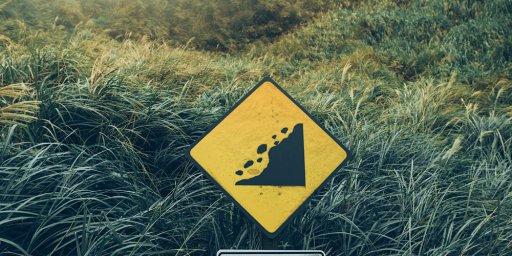
ISC and Sustainability in the Digital Age partner to drive transformative system changes for an equitable world
27.11.2020
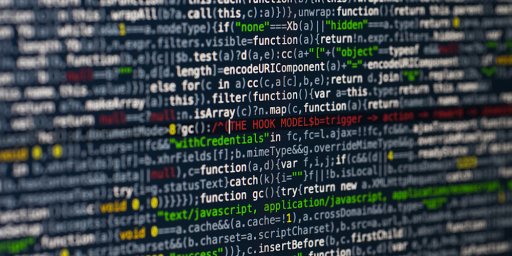
Global Young Academy promote sustainable solutions to problems within global health and higher education
28.10.2020
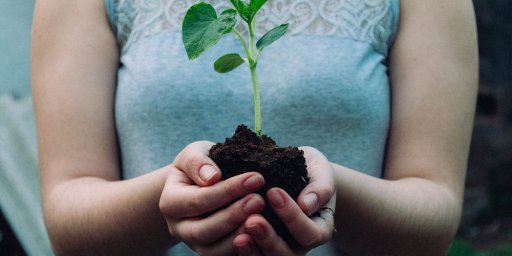
Transformation to Sustainability: Integrating Indigenous and Western knowledge systems for water management and governance
20.10.2020

Coalition for Environmental Sustainability in support of the UN’s Roadmap for Digital Cooperation
24.04.2020

Tackling Climate Change with COVID-19 Urgency - by ISC Patron, Mary Robinson and ISC President, Daya Reddy
01.04.2020
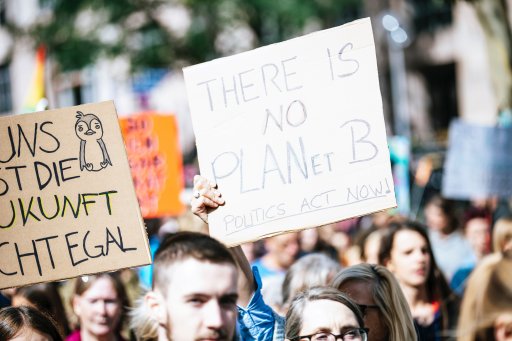
Four major international data organizations join forces to optimize the research data ecosystem, launching a COVID-19 appeal as their first joint action
31.03.2020
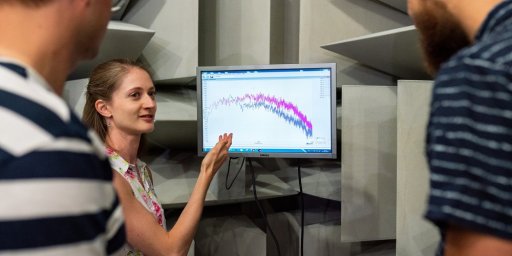
Call for Expressions of Interest to Host the World Data System International Programme Office (Partial Submissions Allowed)
29.03.2020
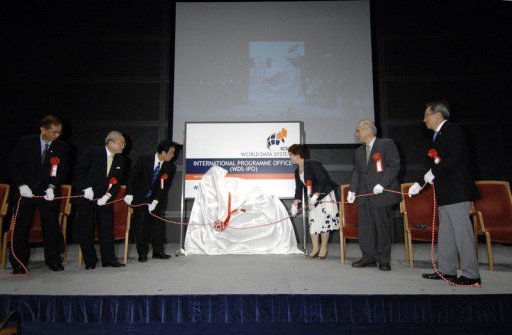
Call for nominations of experts to serve on the Editorial Board of the IPCC Emission Factor Database
02.12.2019
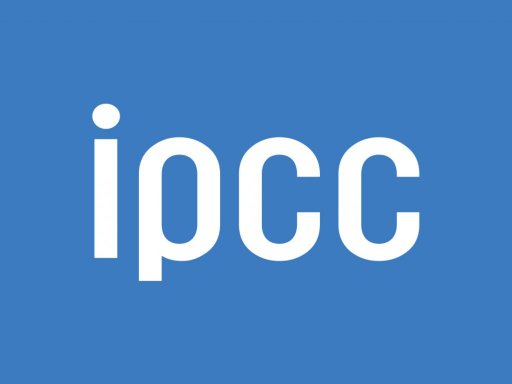
The triumphs and trials of transdisciplinary research: reflections on the un-disciplining of disciplines
28.05.2019
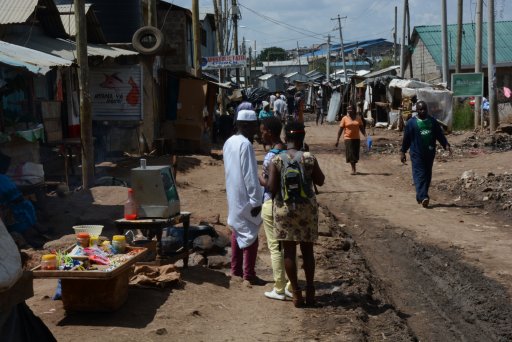
Official Statement by the Scientific and Technological Community (STC) Major Group Global Platform for Disaster Risk Reduction 2019, Geneva, Switzerland
17.05.2019
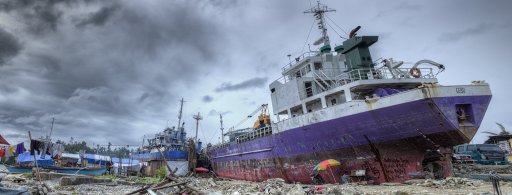
Science and Policy Forum underscores need for collaboration across science, policy makers and society for success in disaster risk reduction
15.05.2019
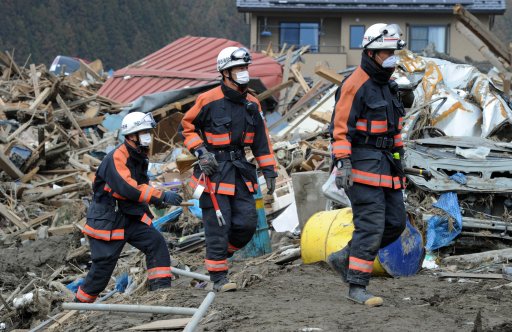
ISC launches policy briefs ahead of the UN Global Platform on Disaster Risk Reduction (GP2019)
10.05.2019
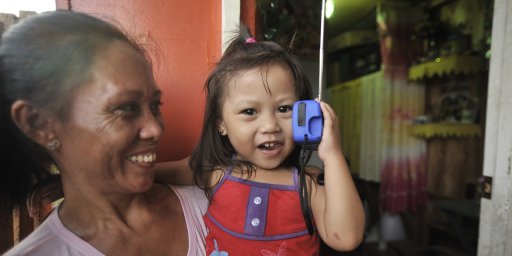
The political challenge of achieving transformations to 1.5ºC – the role of social justice
02.04.2019
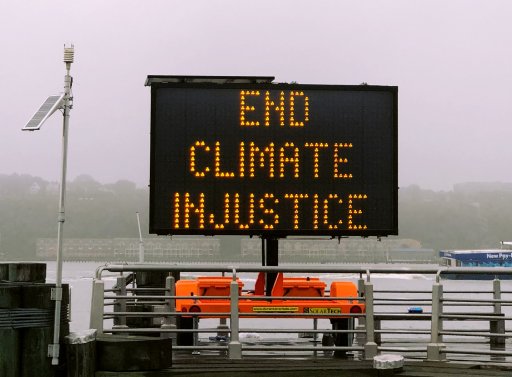
COP24 side event on The CitiesIPCC Research and Action Agenda for effective urban responses to climate change
07.12.2018
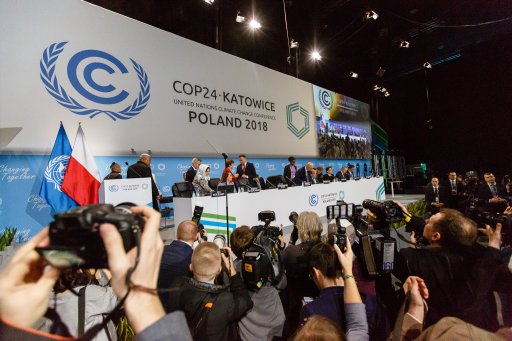
How to bring clean energy to informal settlements: Co-designing sustainable energy solutions in Kenya, Uganda and South Africa
28.08.2018
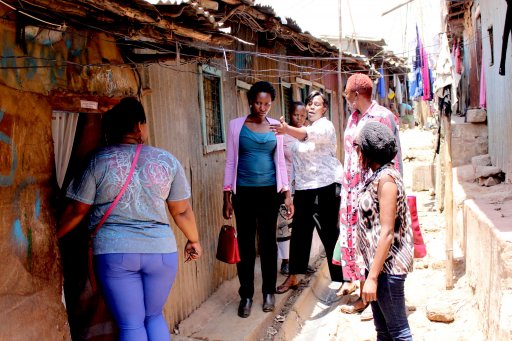
Transforming southern African cities in a changing climate – Q and A with Alice McClure from the University of Cape Town
28.08.2018
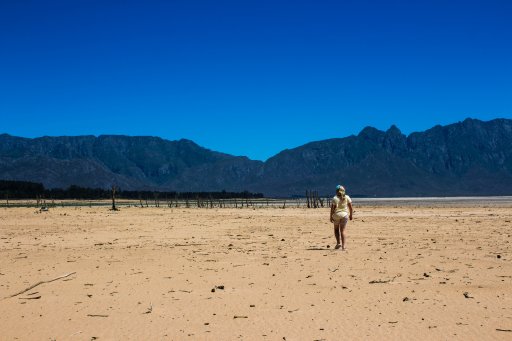
Public launch event of the Council explores values of science and links between science, politics and society
05.07.2018

SDG Interactions, gender, science-policy interface: ICSU at the High Level Political Forum
17.07.2017
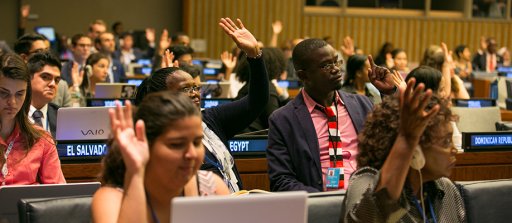
First UN Oceans conference highlights urgency to address marine pollution, warming and over-fishing
15.06.2017
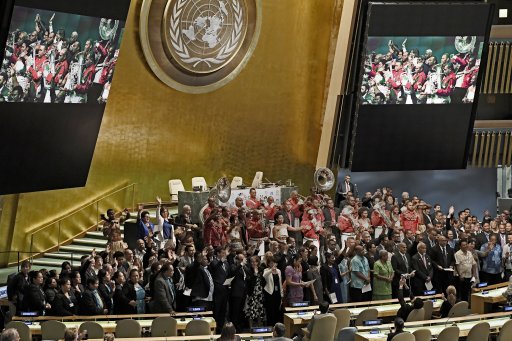
International Council for Science calls on United States to support international efforts to combat dangerous climate change
01.06.2017
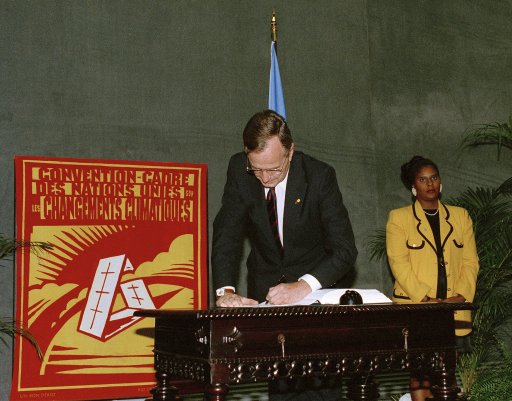
New report from scientific experts provides a unique guide to translate Sustainable Development Goals into reality
12.05.2017
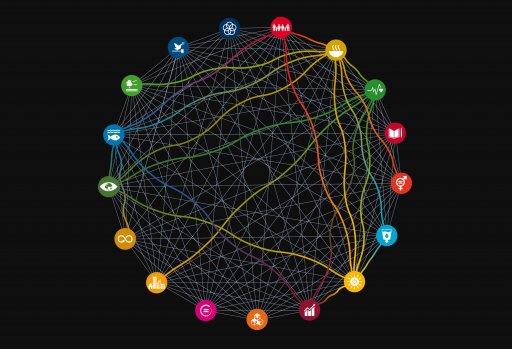
Call for pre-proposals: Advancing the implementation of Sustainable Development Goal 11 on cities in Africa
27.02.2017
NZ Government thanks IRDR and CODATA groups for their help following 2016 Kaikoura earthquake
23.02.2017
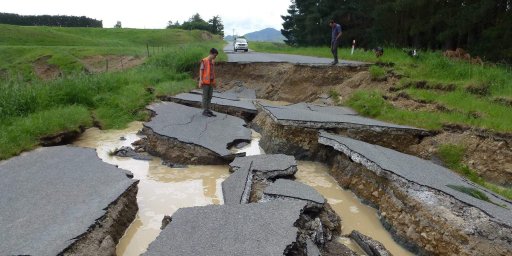
Call for Nominations for the Scientific Committee for the Urban Health and Wellbeing programme
10.02.2017
ICSU Unions receive award to launch multi-year initiatives in science outreach and education
09.02.2017
GSDR report launches in France – High level event and workshop co-organized by ICSU, UNDESA, IDDRI and IRD
28.10.2016
International experts submit report on Future of the Seas and Oceans to G7 Science and Technology Ministers meeting in Japan
21.05.2016
Former ICSU President Jane Lubchenco awarded Tyler Prize for Environmental Achievement for Work in Changing Policy
25.03.2015
Global Sustainable Development Goals need clearer, more measurable targets, according to new report from science experts
13.02.2015
More than 1,000 delegates gather in Geneva for talks on global disaster risk reduction agreement
20.11.2014
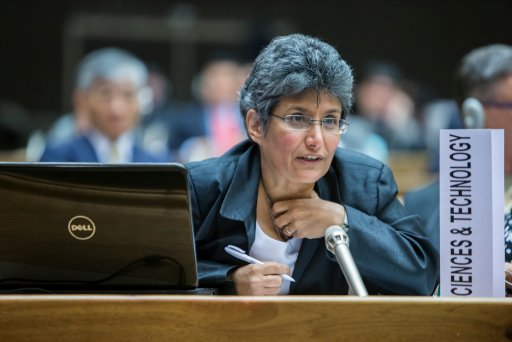
Landmark scientifc data conference ends with strong support of data sharing for sustainability
12.11.2014
International Council for Science endorses open access to scientific record; cautions against misuse of metrics
02.09.2014
UN supports call for an international science advisory mechanism on disaster risk reduction
26.07.2014
Nature publishes paper on SDGs by team of authors from ICSU, IGBP and other organisations
21.03.2013
Paper published on ICSU's programme on Health and Wellbeing in the Changing Urban Environment
11.01.2013
Intergovernmental Platform on Biodiversity and Ecosystem Services (IPBES) to meet in Panama
13.04.2012
Science Plan on Sustainable Energy – ICSU Regional Office for Latin America and the Caribbean
01.01.2010
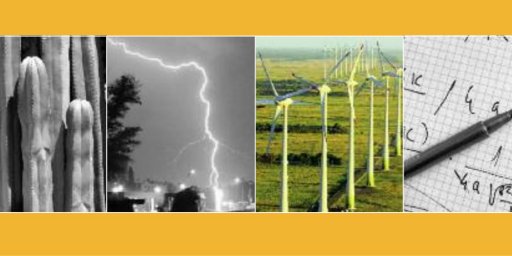
International science community agrees on first steps to establish a global virtual library for scientific data
23.10.2008
ICSU launches new programme to understand the human impact on Earth’s life-support systems
22.10.2008
International Council for Science (ICSU) launches major research programme on natural disasters
22.10.2008
At Pivotal Event in China, the International Council for Science Releases New Strategy to Strengthen International Science for the Benefit of Society
20.10.2005
International Experts Call for New Approach to Ensure Challenges to Data Access and Management Don’t Slow Scientific Progress
20.10.2005
ICSU Pursues New Initiative that Challenges Science to Do More to Prevent Natural Disasters
20.10.2005
Socioeconomic Data in Relation to the Integrated Global Observing Strategy Partnership IGOS-P (2004)
03.05.2004
